Trip to Guilin, Longji Rice Terraces
A village amongst golden terraces in Longji.
The Longji Rice Terraces are also known as the Dragon’s Backbone Rice Terraces, though for some reason I keep calling them “The Devil’s Backbone”. These feats of farm engineering reach all the way up a string of 800m peaks. Dotted amongst the peaks and connected by a network of stone foot paths are multi-hundred year old villages (namely Jinjiang, Pingan, Longji, Zhonglu, and Dazhai).
Due to the whims of our schedule, the trip coincided with the low season. In the spring, these fields are verdant and amazing. During the fall are rustling hills of gold. During the dead of winter, they’re a snowy dreamworld. For us, the rice had recently been harvested. The terraces were barren, except for many secondary crops. They are irrigated year round through a system not unlike a champagne pyramid.
Our trip to the terraces was wonderful, despite my mild cold. It began with a flight from Shanghai to Guilin, a town of half a million that’s a hub for all the wonderful scenery in the area. Guilin is not without its charms, but we could only stay a night. To get “Terracing,” we took a bus between Guilin and Longsheng. The fare was 18RMB each; two hour ride. The scenery was beautiful, and most of the route followed a river. Citrus, vegetable, and duck farms lined the road. Pomelos must have been in season. Piles and piles of these large citrus were stacked and ready for quick sale.
Around a town called Heping, our driver signaled an oncoming local bus for us to go the rest of the way. We got out at the side of the road, hauled our bags across to the other, smaller, bus and got on. It was standing room only. This bus plied between Longsheng and the main Longji town of Ping’an. Fare: 7RMB each. The road was pure insanity up the mountainside: narrow, without many guard rails, and plenty of shear drops. Within a small amount of time, we switch-backed high above the valley below. The bus dropped us off in the parking lot below the village.
Dual pagodas at Shan Hu Lake.
Crazy tree lighting was in full effect all around Shan Hu Lake.
The abandoned bank next to our hotel.
Pig shaped concrete barricades.
A type of truck basically powered by a tractor engine. Rather than only the wheels, the whole front assembly lead the turns.
Gas station amongst limestone peaks.
Man, rickshaw, and a bedroom set.
Orange grove.
Approaching the last town before heading up the mountain.
J. and I hauled our bags up the stone pathways and into Ping’An before finding a decent looking place to stay. It was a large, all wood building. Abandoned. The proprietress showed us a room with private bath for 60RMB($8.5) a night. The view out the window and balcony was amazing. Sold. We went up the hill to find some dinner.
The town had a wonderful feel. It was all vertical. Everything was made of stone or wood. There were no vehicles, just people hauling stuff on their backs. Chickens and ducks wandered everywhere. Other livestock snorted and farted. The terraces were ripe with greens, chilies, and flowers. The air smelled a bit of hay. I was worried that the place would feel touristy, but it didn’t at all. We seemed to be the only foreign devils there, though there were some Chinese tourists.
Bamboo along the footpath.
Rooster.
Corn drying.
Looking out the guesthouse windows.
Local ladies playing cards below our balcony.
Walking through Ping’an.
Bundles of firewood.
Path to a pig pen.
Tile roof.
View from a shanty.
Big pig.
Unattended pork left on a table outside.
All over, pipes were used to move water from streams to homes and terraces. This pipe is made of bamboo.
A little stool.
Steps to a colorful door.
Chilies drying outside.
Chicken and chicks.
When we got back from dinner, our guesthouse was far from abandoned. A large group of Chinese college seniors had just finished dinner and were hanging out noisily between the rooms. Our room was stuck in the middle. We walked through the mass of people and closed our door. A moment later, we heard a knock. The guy outside invited us to a party on a hill. They were leaving in 5 minutes. J. and I looked at each other and shrugged “Why not?” So much for a restful evening.
We and a group of 50 students walked up the dark footpaths to the quiet grounds of the village school. Along the way, we carried on a few conversations. J. and I seemed to be the center of attention, but only those with better English and confidence seemed brave enough to talk to us. The “party” ended up being a hill tribe performance. Lit by a bamboo fed fire, the ladies performed many songs and dances. They used bamboo sticks as percussive devices, creating complicated rhythm for their music. Many of the movements seemed related to planting and harvest. The evening ended with some games played in a circle, and another involving jumping over moving sticks. It was an unexpected and memorable night. They were the first Chinese we’d been able to converse with.
Fire.
Hill tribe ladies.
Freaky leather masks.
The stick jumping game.
J. and I said goodnight to our new friends and retired to our room. We had many snacks to eat, and eat we did. I noticed that two of mine had faces of weird men on the packaging.
Left side: Vietnamese Kelp candy. Right: Golden cough lozenges.
The next morning, J. and I woke early and hauled our bags up the hill to check into a quieter hotel with better amenities. We ate some breakfast while planning our hike. I wasn’t feeling in top form due to a cold and not sleeping well because of the college kids, but we decided to go epic! Our hike would take us along the hillsides and through a few villages. From Ping’an to Dazhai, it would take 4 hours or so. From the latter, we could catch a local bus back. We were on the trail at 10:30.
The hike was amazing! Even though the scenery would be better at other times of year, it was still impressive. The terraces followed the contours of the hills like a topographic map. Little ladies with baskets hauled all sorts of stuff along the paths. Little waterfalls and streams divided the hills and fed the terraces. Wooden structures clung to hillsides. The variety of plant life was a little bewildering. How could these terraced hillsides grow rice, corn, chilies, greens, tomatoes, onions, potatoes, bananas, ferns, pine, and bamboo in the same place? I didn’t think bananas could grow where it snows.
Stone path.
Horse.
Planters.
A horse, of course.
Room full of gravel.
Wood disks.
Ping’an seen from the terraces.
Terrace ducks.
Ducks in the rice.
Bird.
Chilies were growing everywhere. Many of the terraces were being used for them.
Me.
The shoots of harvested rice.
Tombstone.
Horse on our path.
Plants on the shaded ground.
Soon into our hike, we encountered a little annoying hill tribe lady who was walking back to her village called Zhongliu. She spoke a few words of English. We told her we didn’t want a guide, but she followed us anyway. After a while we didn’t even notice her. Ultimately, we knew she was leading us towards food. We figured, if it wasn’t expensive, we might as well get it from her. The hike between Ping’an and Zhongliu took us 2 hours.
Horse munching on dead rice.
Tombstone.
Reservoir.
Cows on the rice terrace.
This flea-bitten puppy followed us for a while.
Sheds and terraces.
Our pathway along the golden hills.
A hay shed and a pen.
Our hill tribe lady approaching a valley.
The first buildings of lower Zhongliu along a stream.
J. crossing the stream.
Lady leading us to her home.
Basket of root vegetables.
Houses.
Overhanging bamboo porch.
The woman’s house was old and wooden. The ground level housed a family of pigs that squealed away when we approached. Upstairs was a large multipurpose room. One corner served as a kitchen. While the lady, her mother, and son prepared our lunch, J. and I rested and looked out the window. The pigs had left hiding and were rooting around. Eventually the sow plopped down in the dirt to nap. In an hour, our lunch was ready: salty eggs and onion patties, fried sweet potato, ginger turnips, and some fried garlic and greens. We ate it with rice. All this food for only 20RMB($3) a person.
Inside the lady’s house.
Rice drying in the sun.
Three of the dishes she made.
The forth dish.
J. sitting on a small stool.
Rooters.
We left the lady’s house around 2:30. It wasn’t until 4:30 that we had worked our way through a few villages and up and down some hills before reaching the parking lot below Dazhai. We were pooped. Luckily the local bus was there and ready.
Pathway between non terraced hills.
Water reflecting the sun.
Some kind of red fungus plagued the flooded terraces.
Entering the village of TianTou. There was a movie being filmed there.
Doorway.
Another beautiful door.
Flowers.
Greens.
A village amongst golden terraces in Longji.
A goat herder passed as we waited for the bus to leave.
The bus from Dazhai dropped us off at a bridge at the base of the road to Ping’an. Apparently, there was a last bus heading up that day, but we were unsure when it would arrive. The sun was setting and the shadowy air was getting cold. We waited half an hour before negotiating a 30RMB fare with a coughing minibus driver.
By 6:30PM, we were back in our room. Nothing like hours of walking and beautiful scenery to kick my cold away. I felt like a new man. A new man with sore legs and plenty of new memories.
J waiting for the bus by the river.
The road back to Ping’an.
I will come back to this magical place when the hills are green. I promise this to you, my Devil’s Backbone.
8 Comments
East: the Bluegreen Dragon (Spring equinox) — Niao (Bird), α Hydrae
South: the Red Bird (Summer solstice) — Huo (Fire), α Scorpionis
West: the White Tiger (Autumn equinox) — Xu (Emptiness, Void), α Aquarii, β Aquarii
North: the Dark (Mysterious) Turtle (Winter solstice) — Mao (Hair), η Tauri (the Pleiades
take a picture at tombstone at each direction
December 9th, 2008 at 11:14 amHey Xander, the hat came from the silk market in Beijing. A lot of old men wear this style.
December 10th, 2008 at 5:31 amOnce agin excellent pics . If you love old doors then you will love Lijiang
Cheers
December 17th, 2008 at 12:36 amGreat pictures! I was there late November 2008. I also encountered possibly the same elderly hill tribe woman soon after I started walking to Zhongliu! She turned around and started walking just ahead of me and then wanted me to take her picture with her hair down just before the resevoir. I then lay on the bench by the resevoir and pretended I was going to have a snooze until she left me, only to return a couple of minutes later with 2 of her hill tribe lady buddies trying to sell me postcards! In the end I just walked fast ahead of them and hid behind a bush til they were gone!
Greg
June 30th, 2009 at 7:50 amNick, really beautiful post.
I have recommended reading it in the Longji Rice Terrace post.I have blogged in my travel blog.
http://guias-viajar.com/china/guilin/longji-terrazas-arroz-pingan/
I hope will be fine for you
Best from Spain
José Luis
Your trip was a once in a life time for some
hope you make it back some day
I always dreamed of going to China, some day
I have it on my bucket list
Wonderful pictures !!!
We will travel to Guilin in this August.


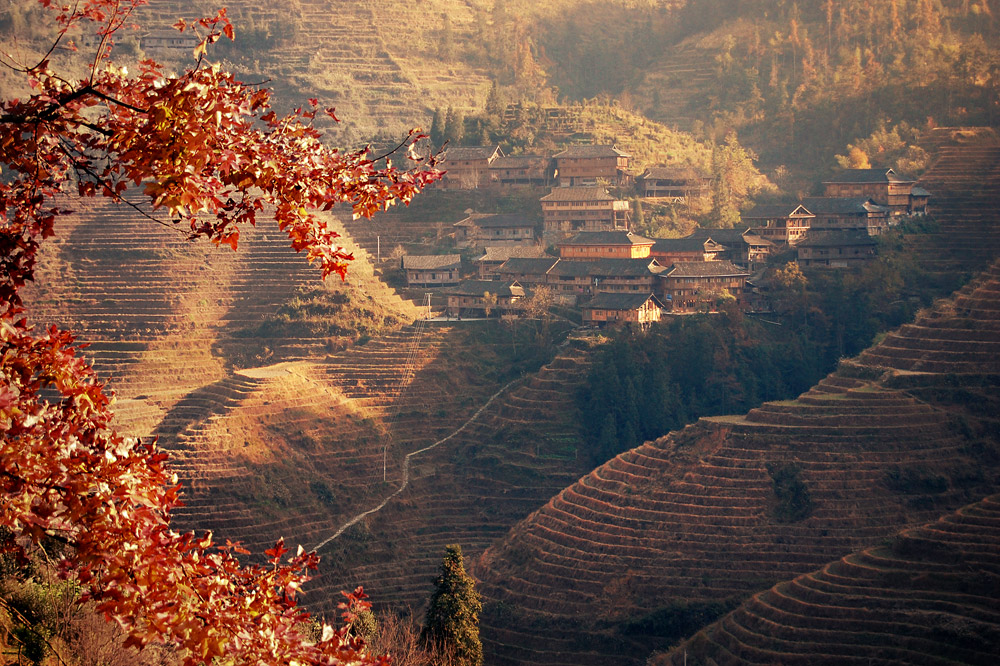
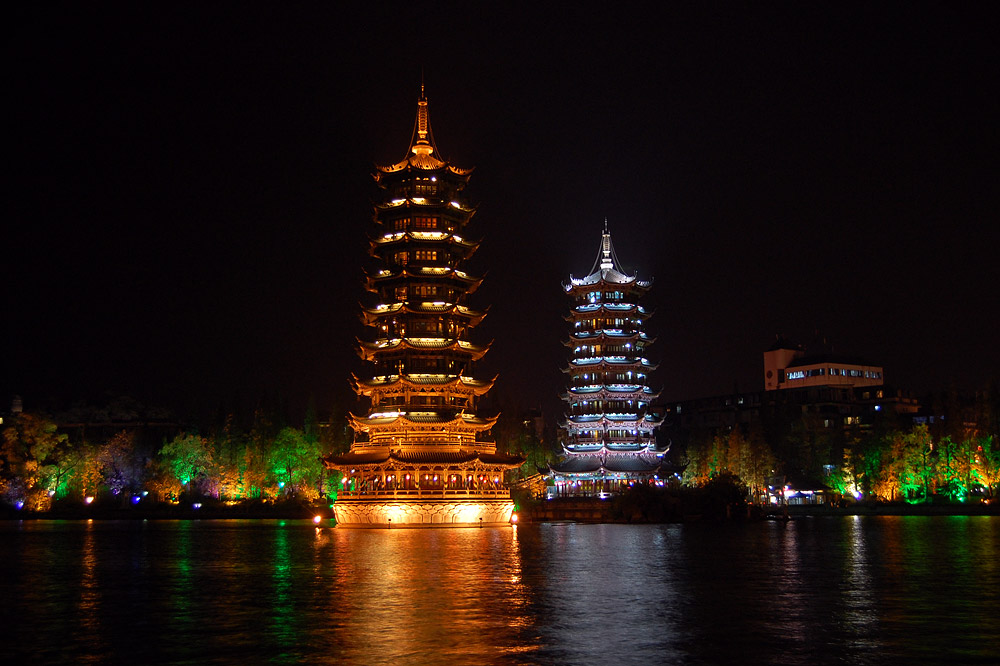
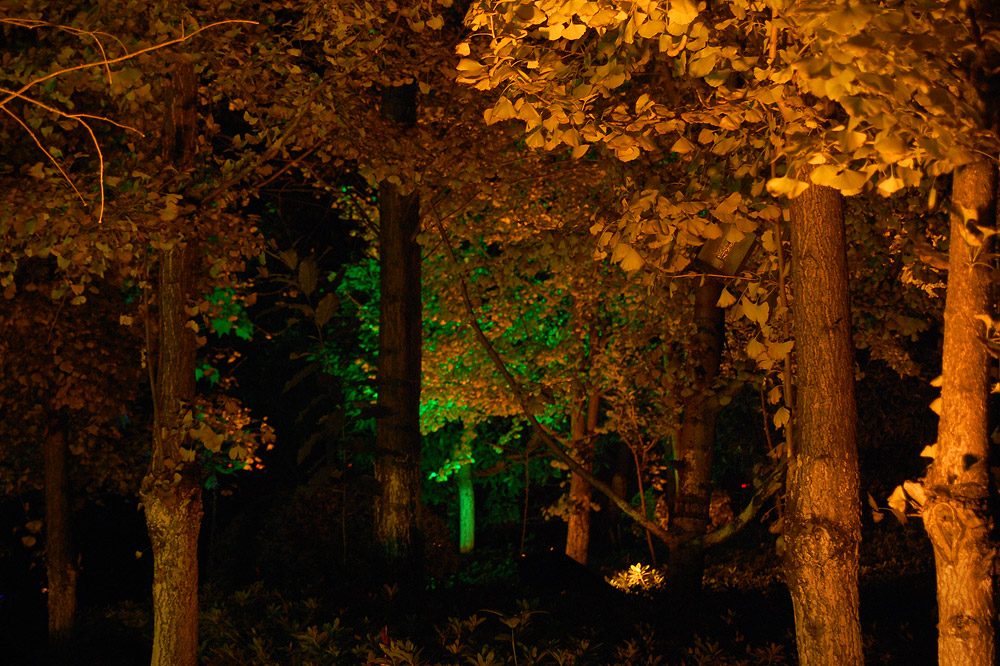
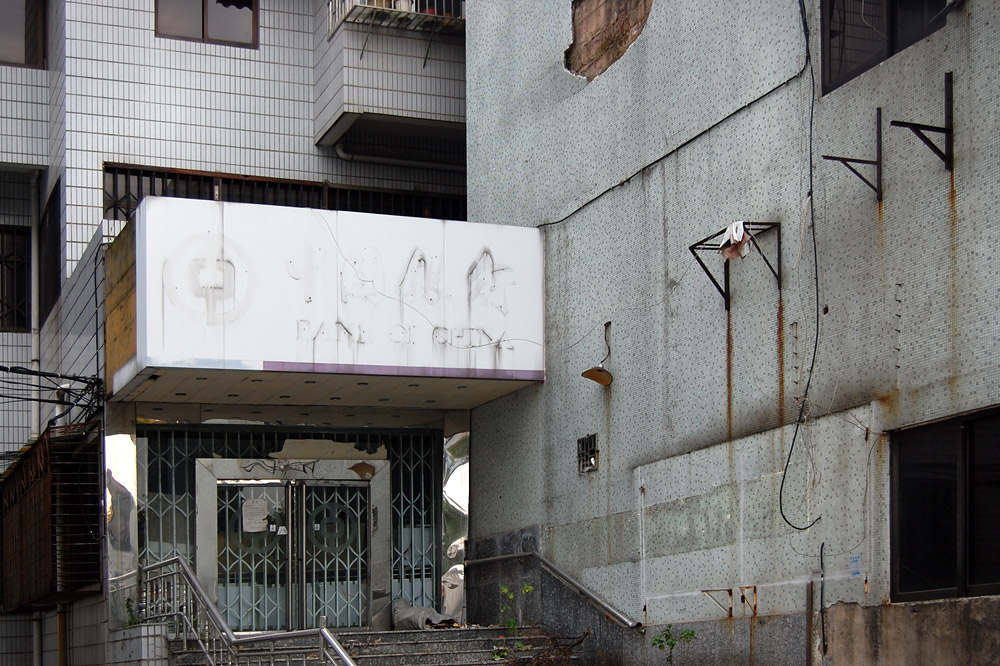
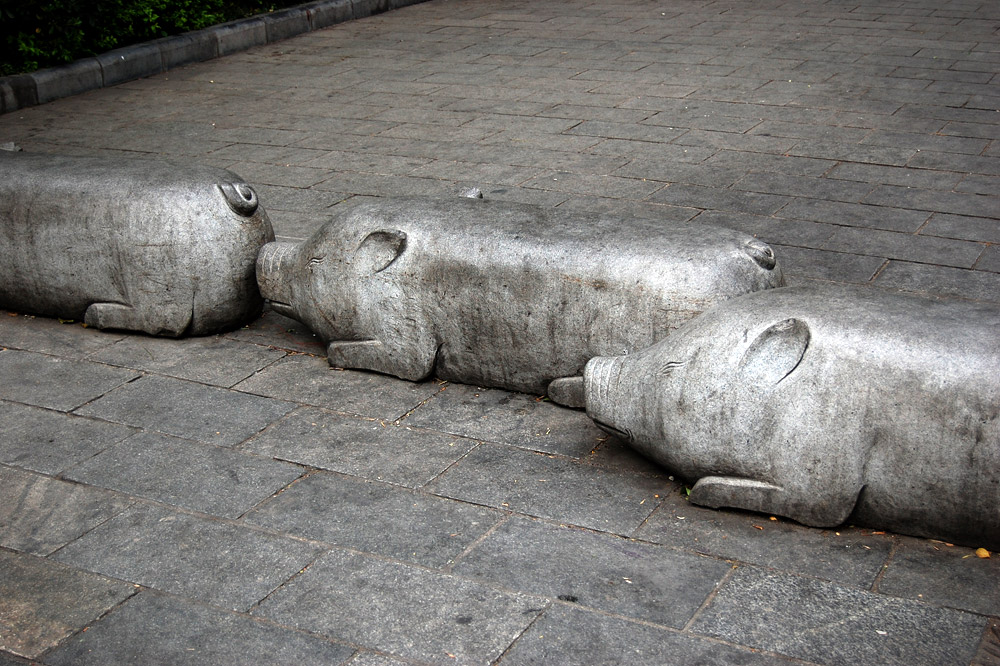
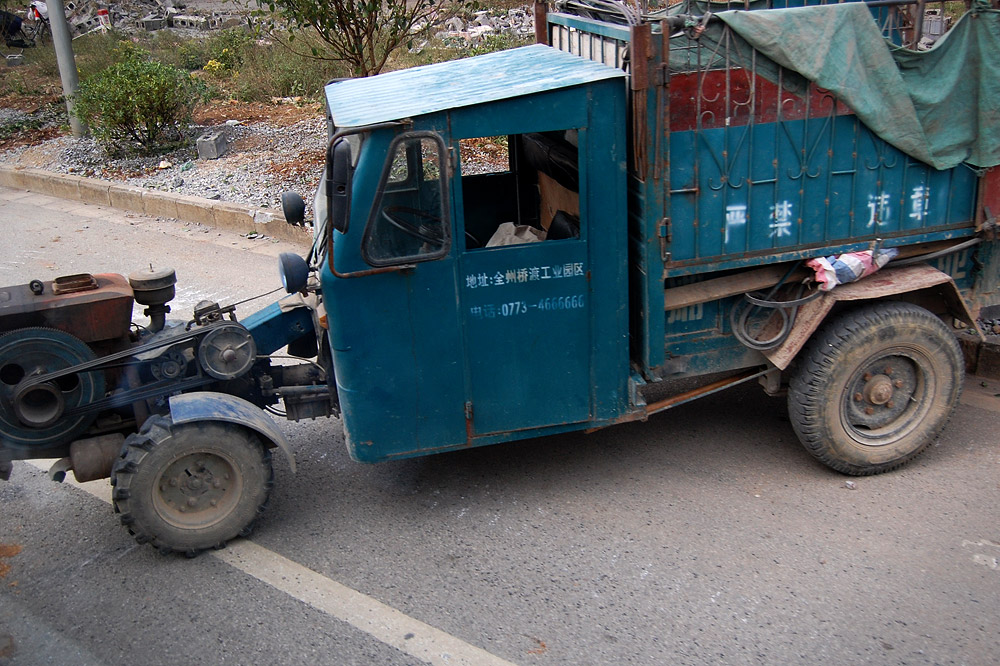
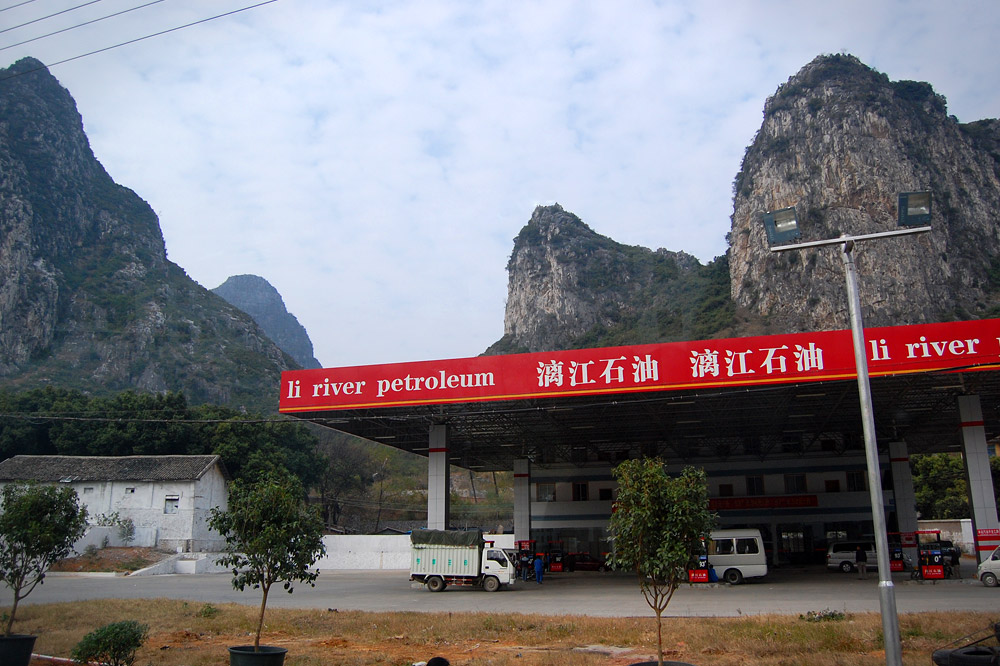
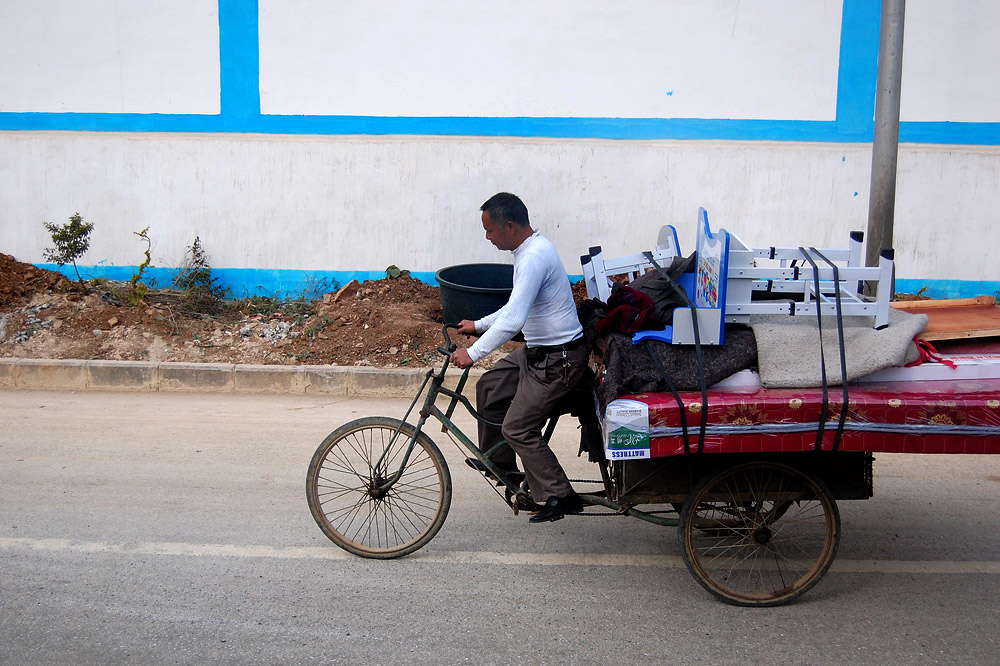
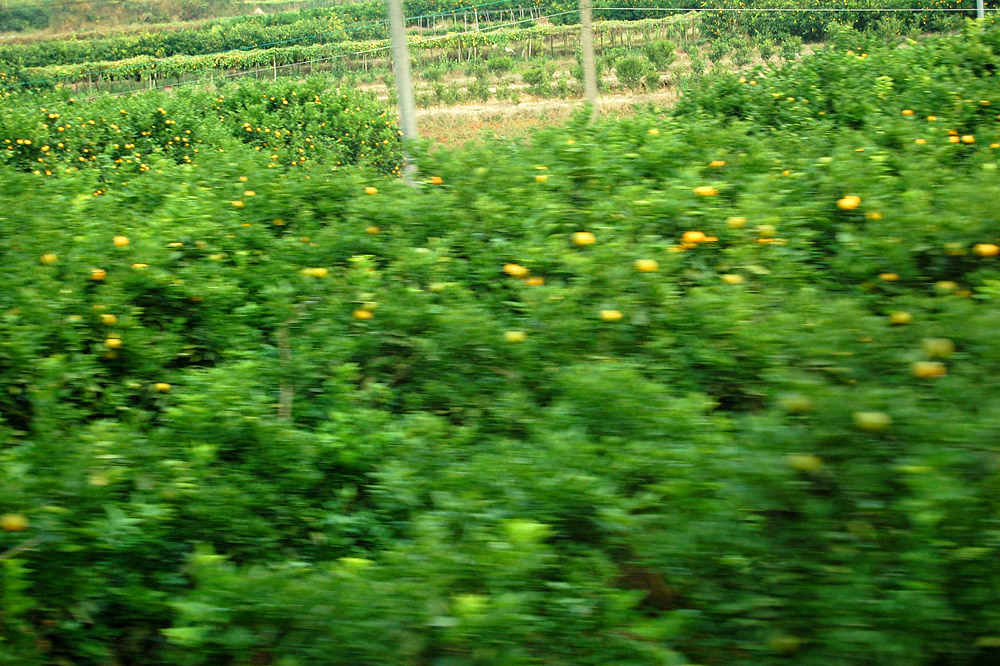
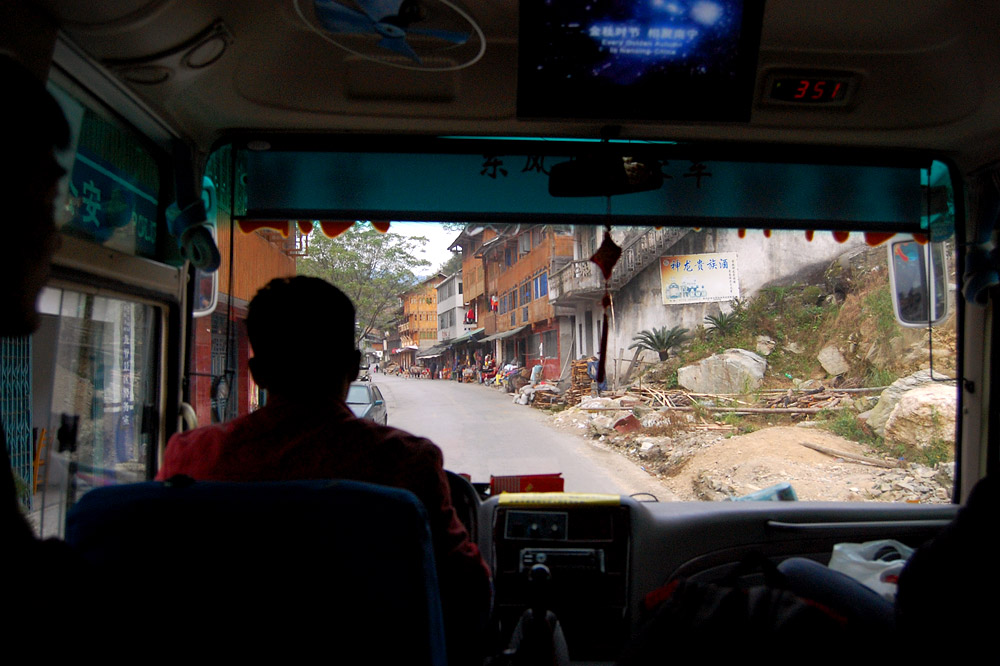
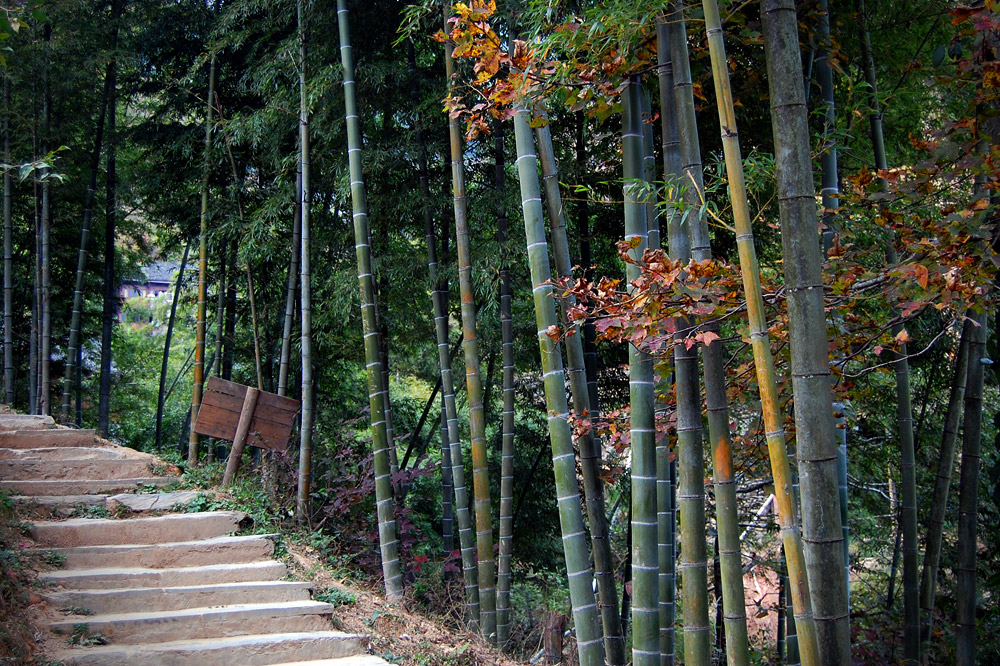
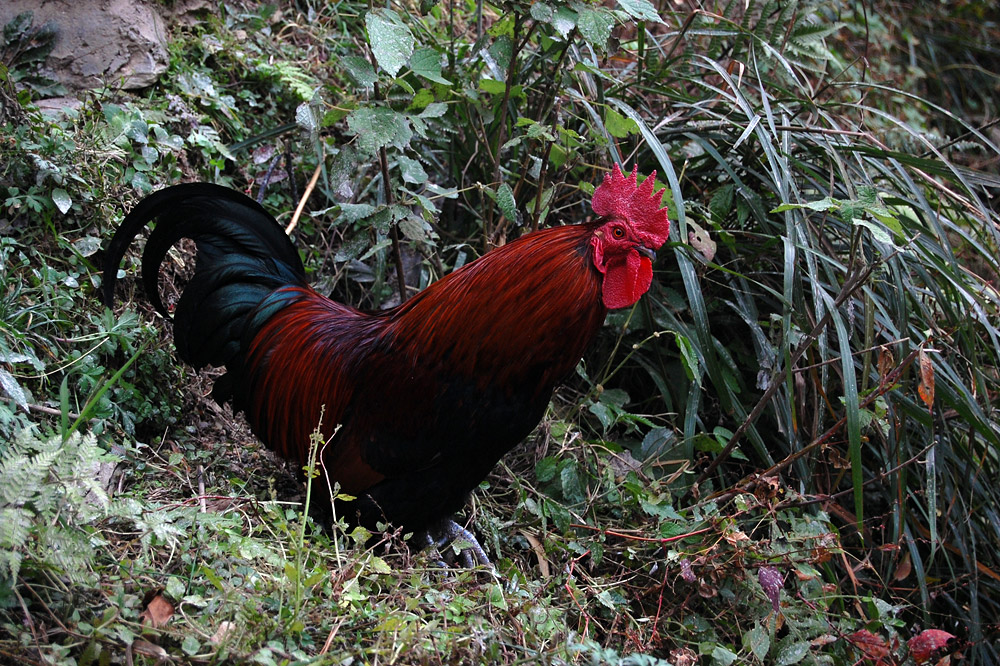
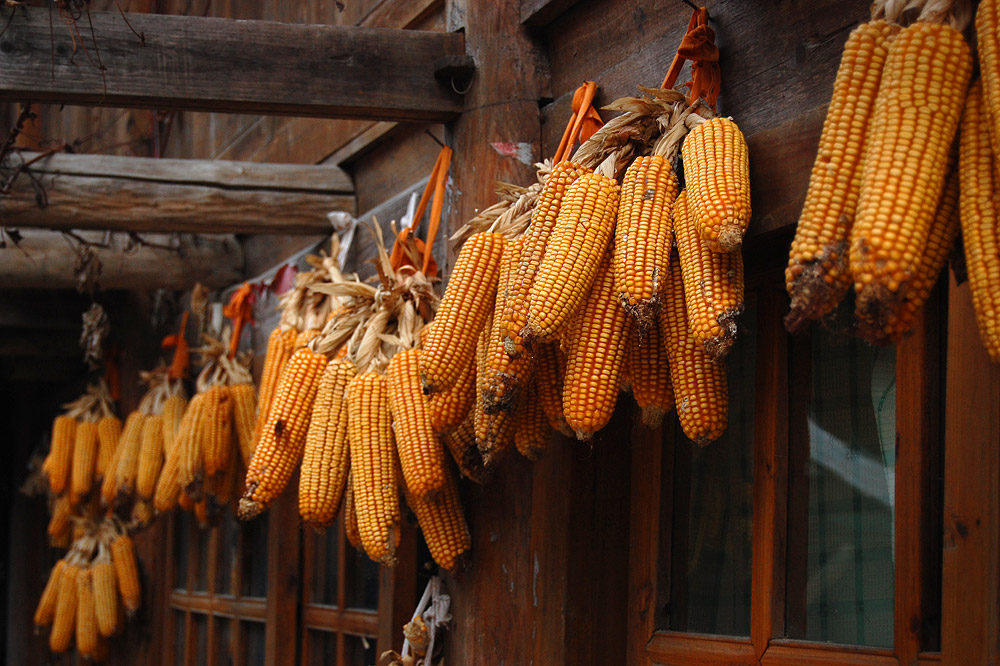
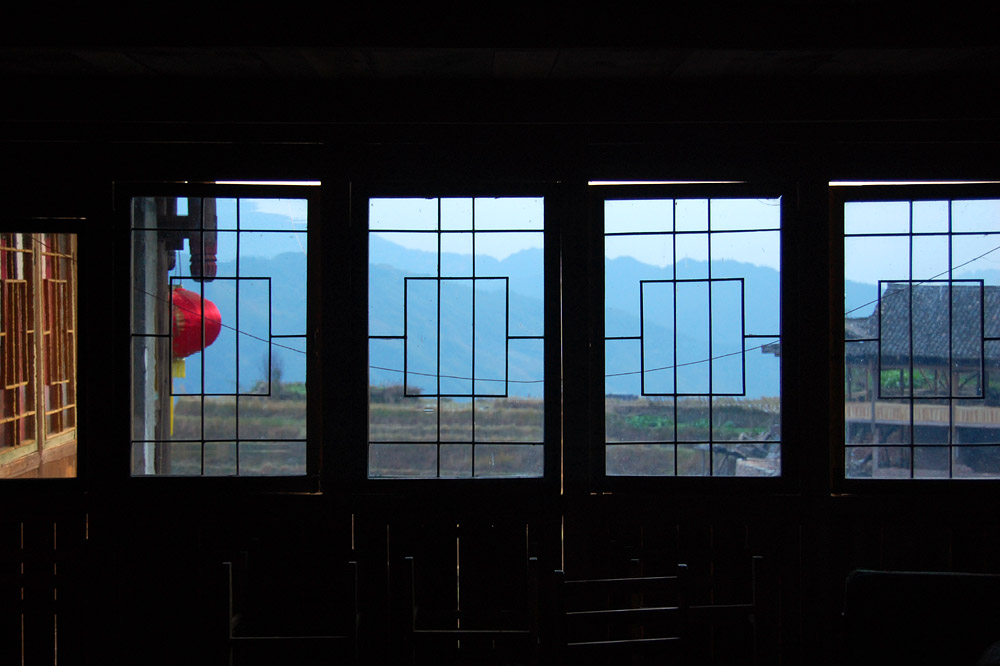
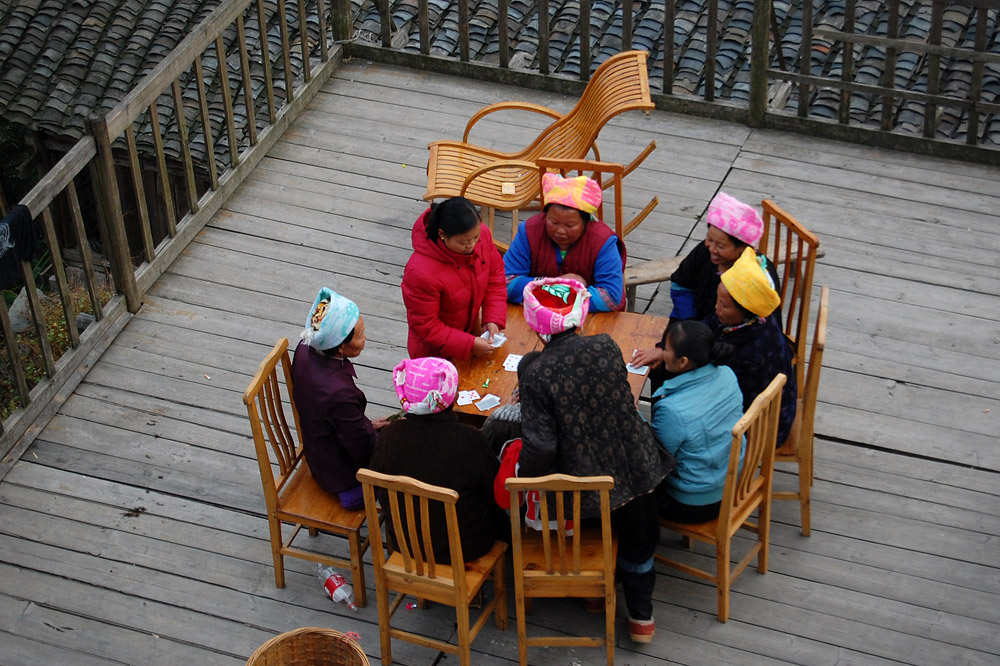
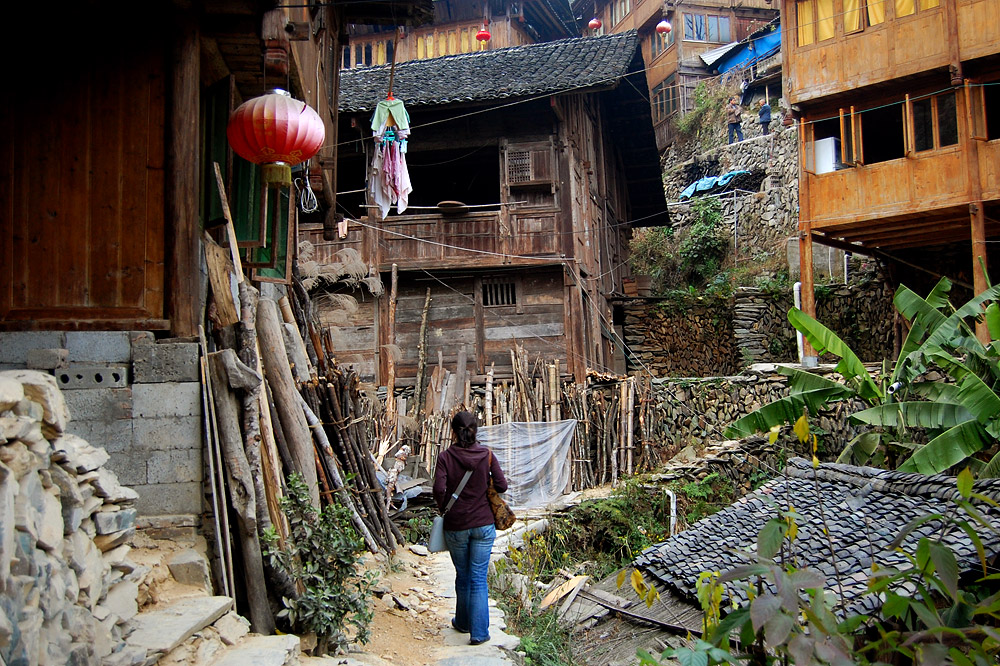
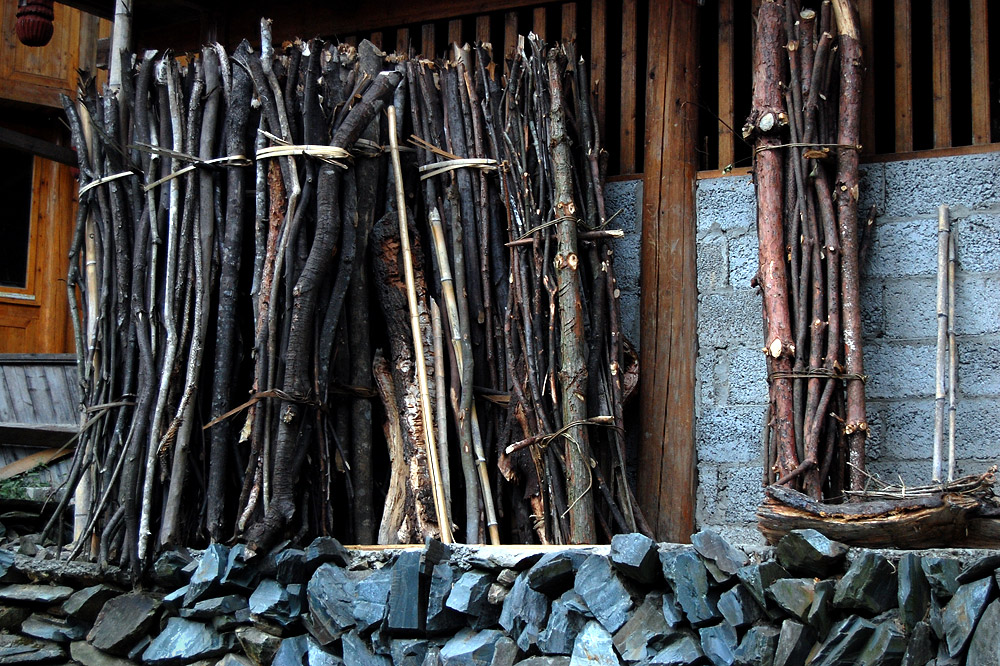
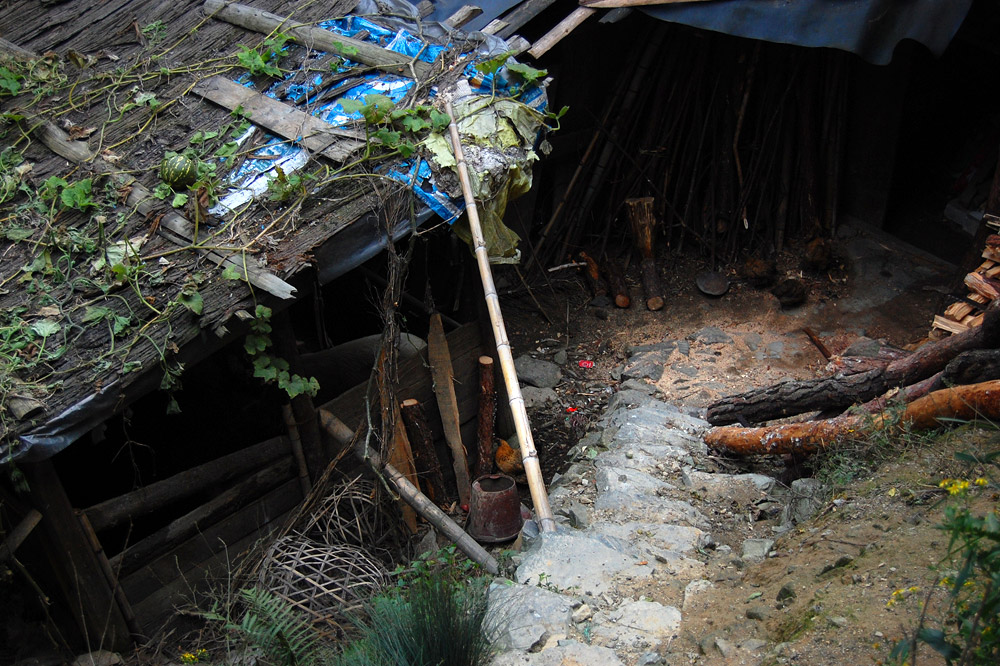
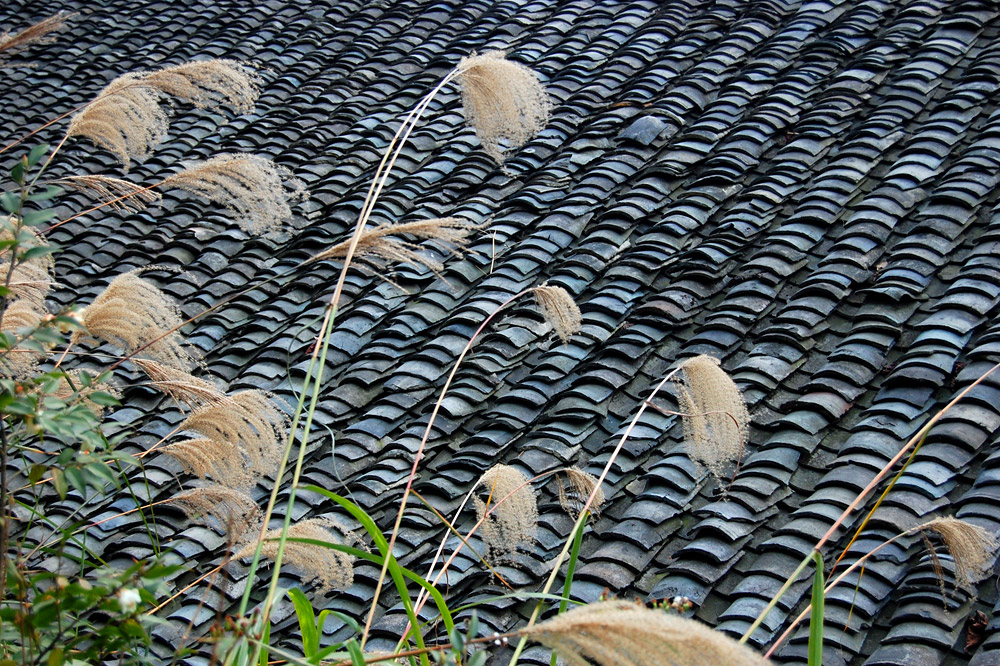
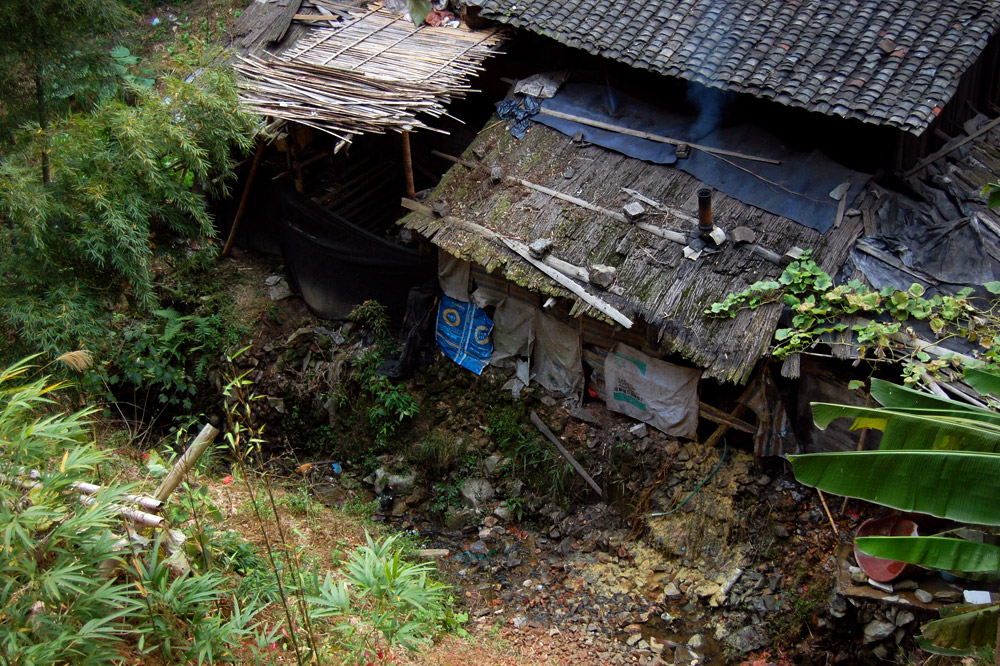
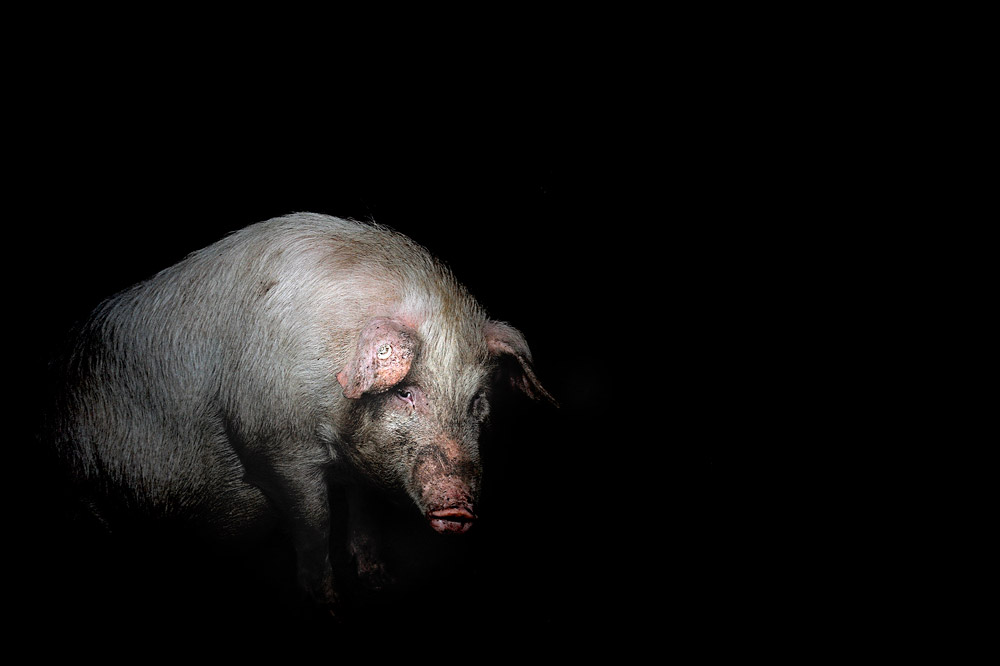
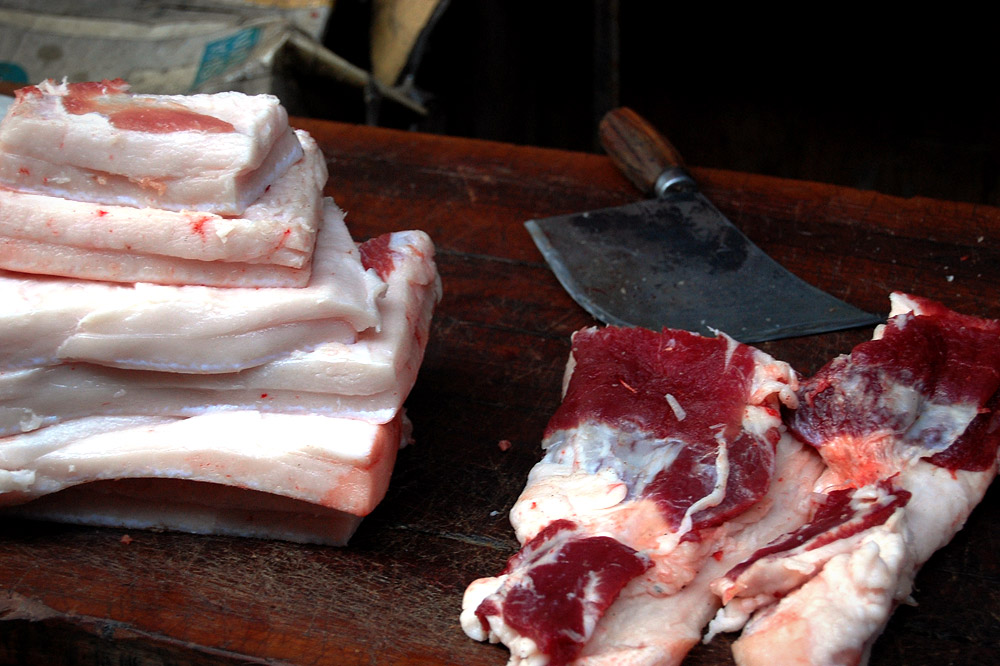
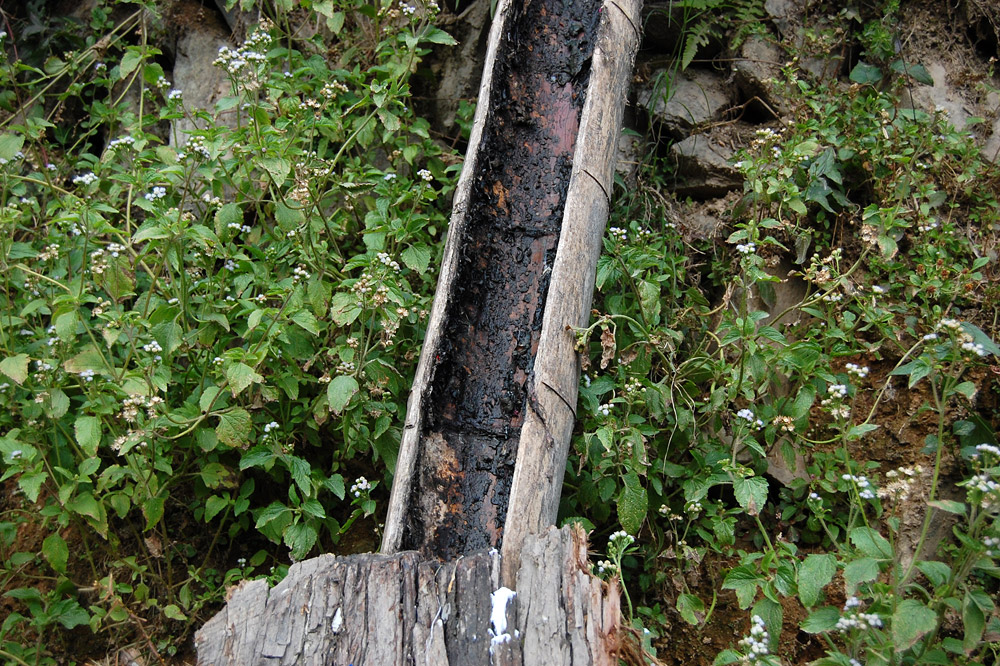
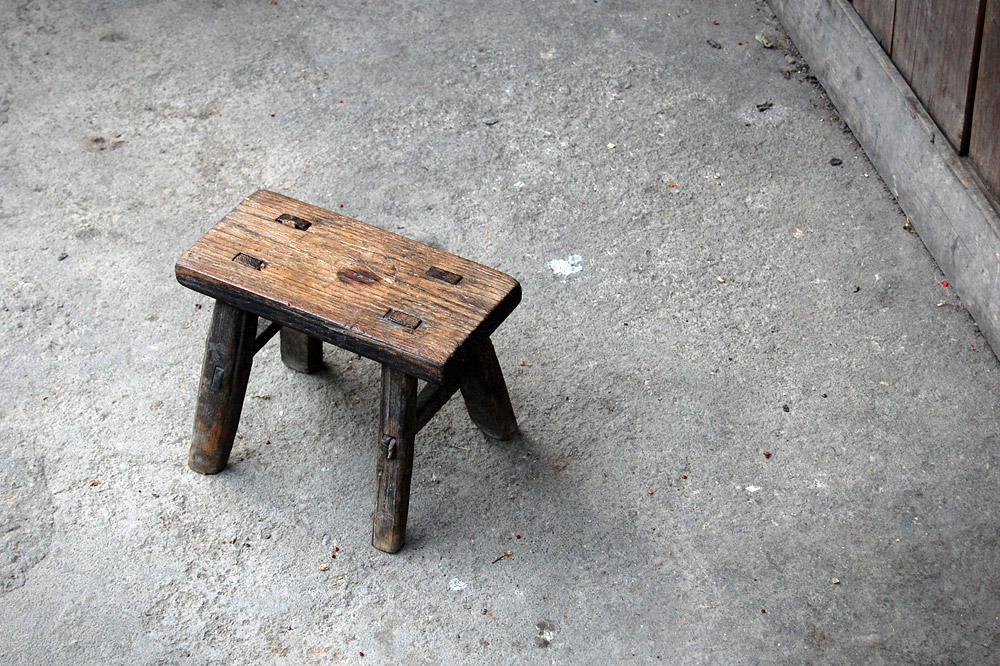
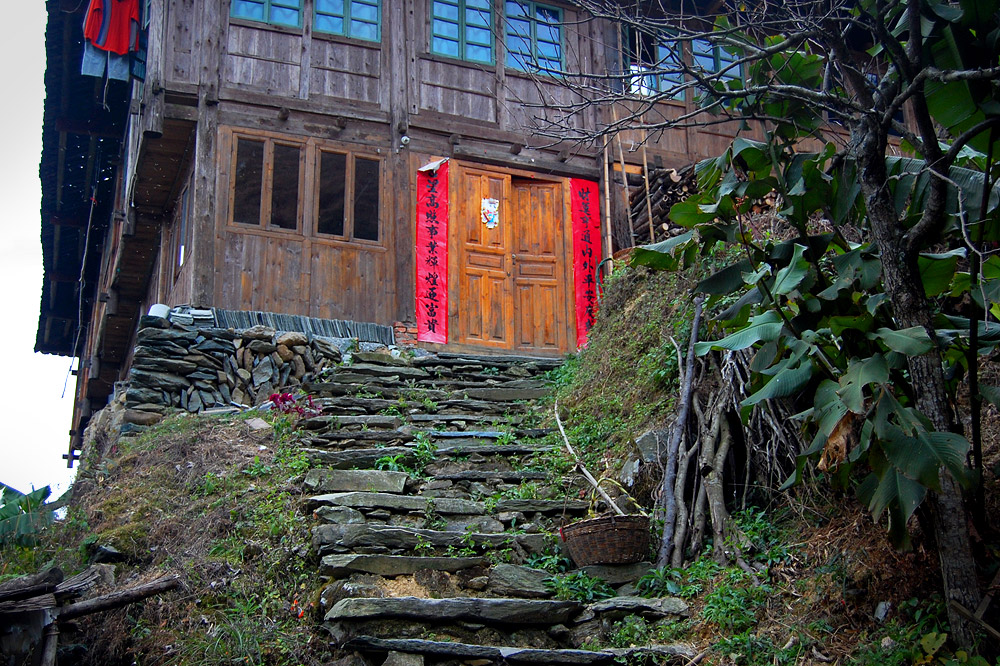
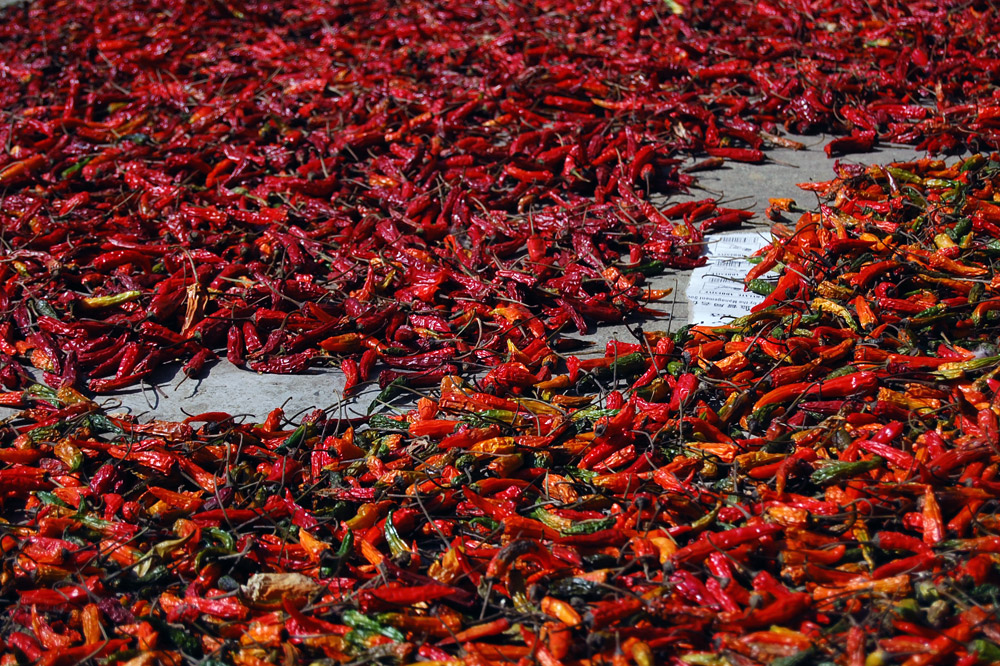
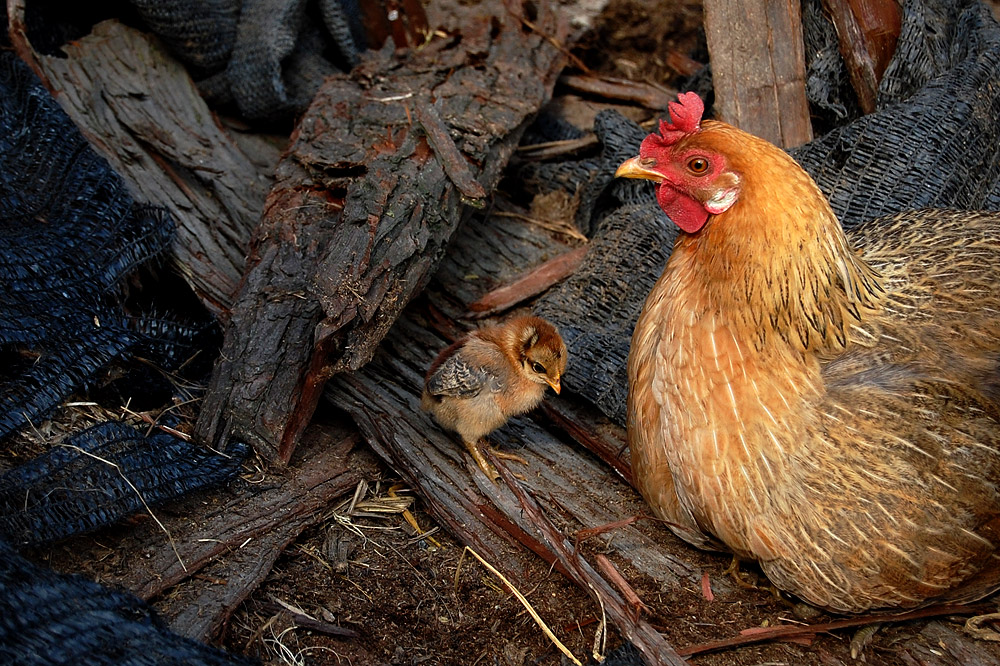
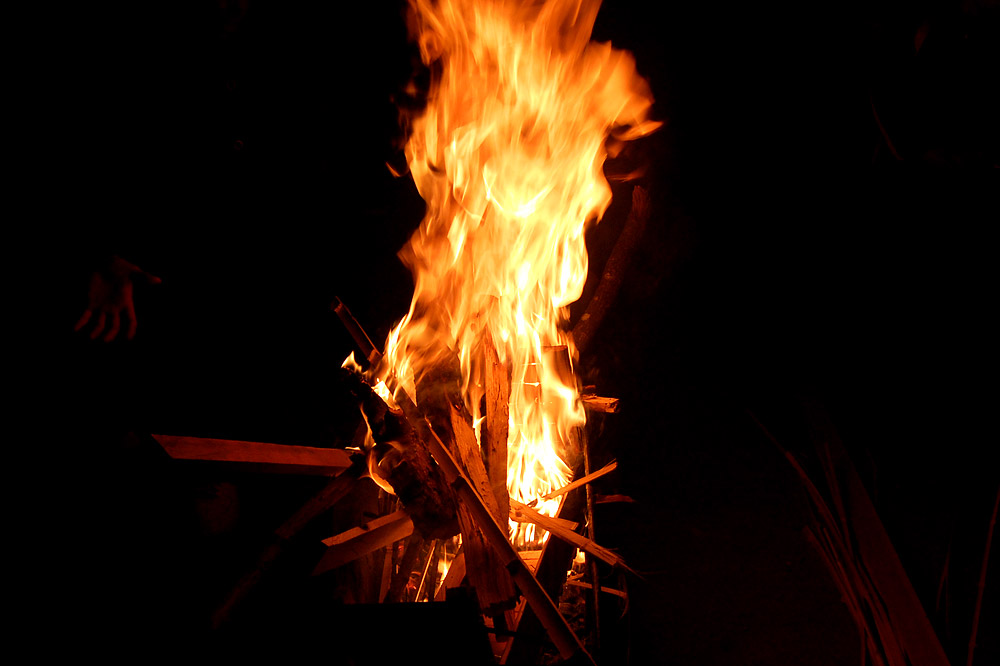
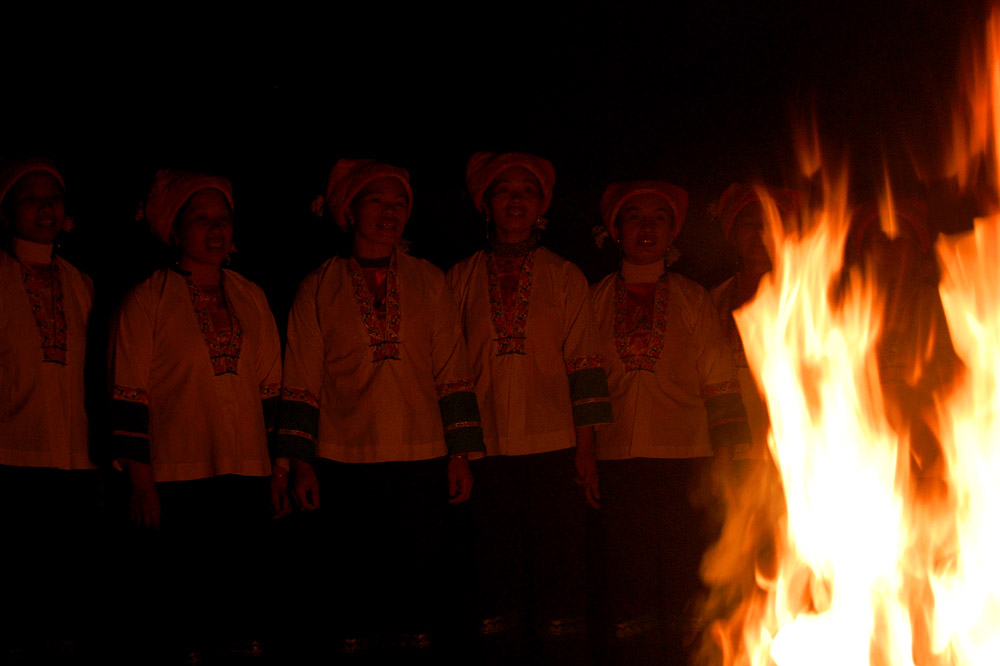
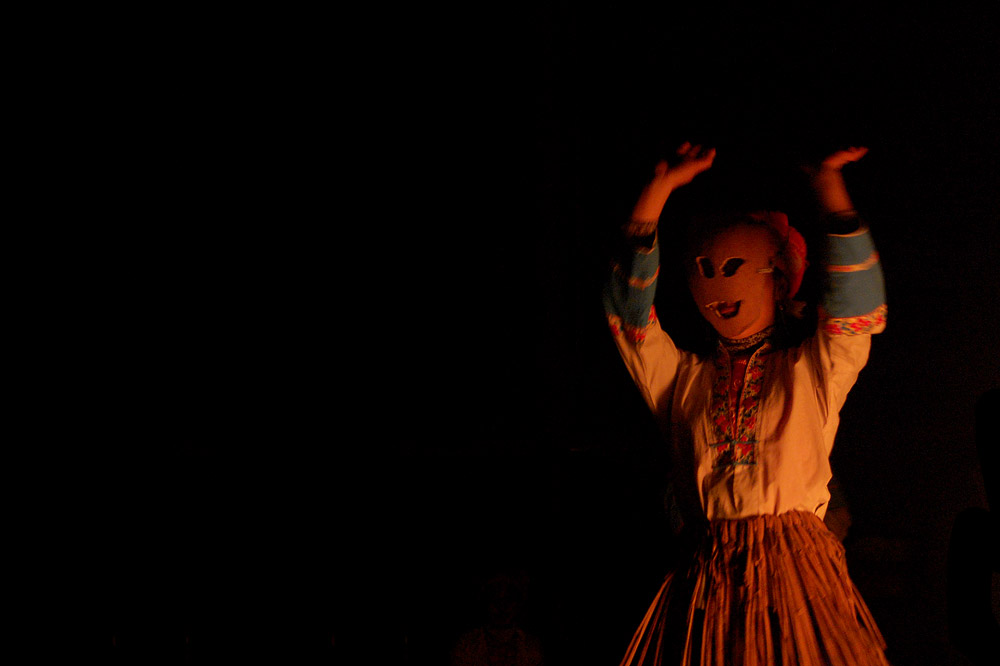
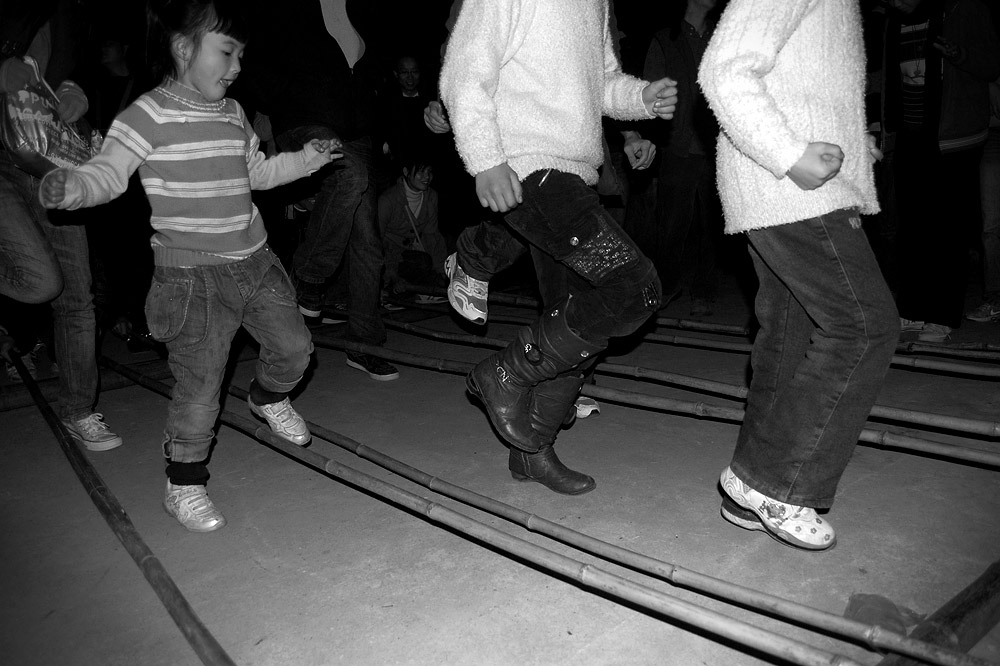
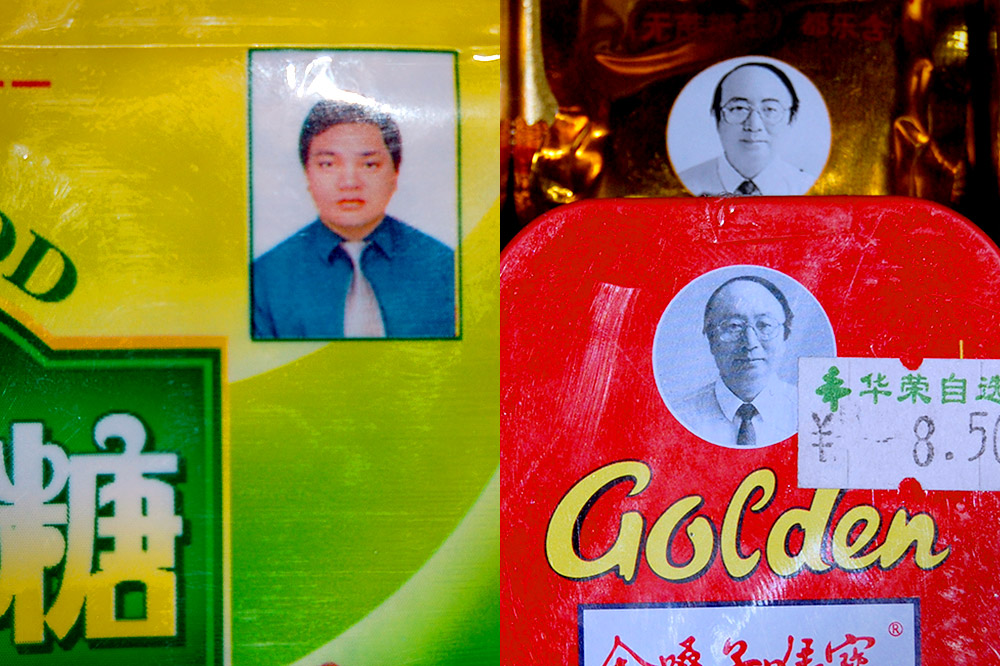
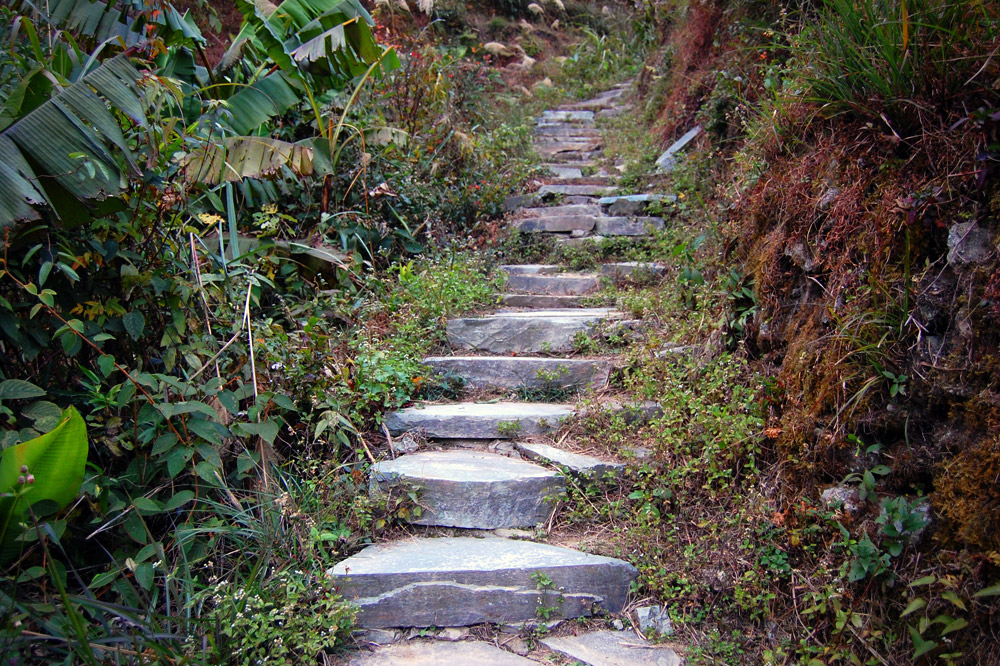
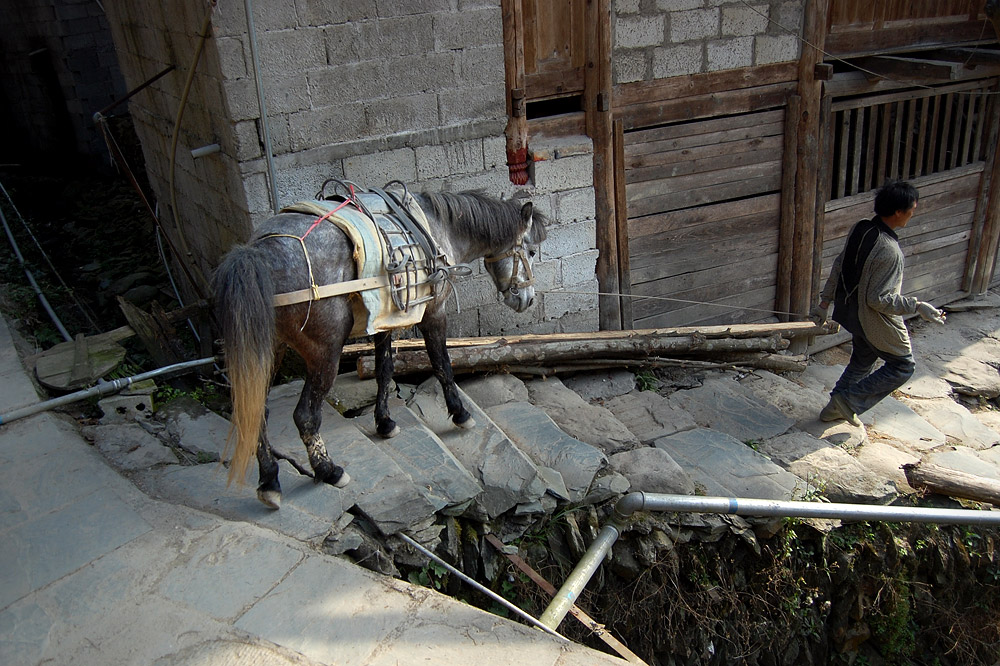
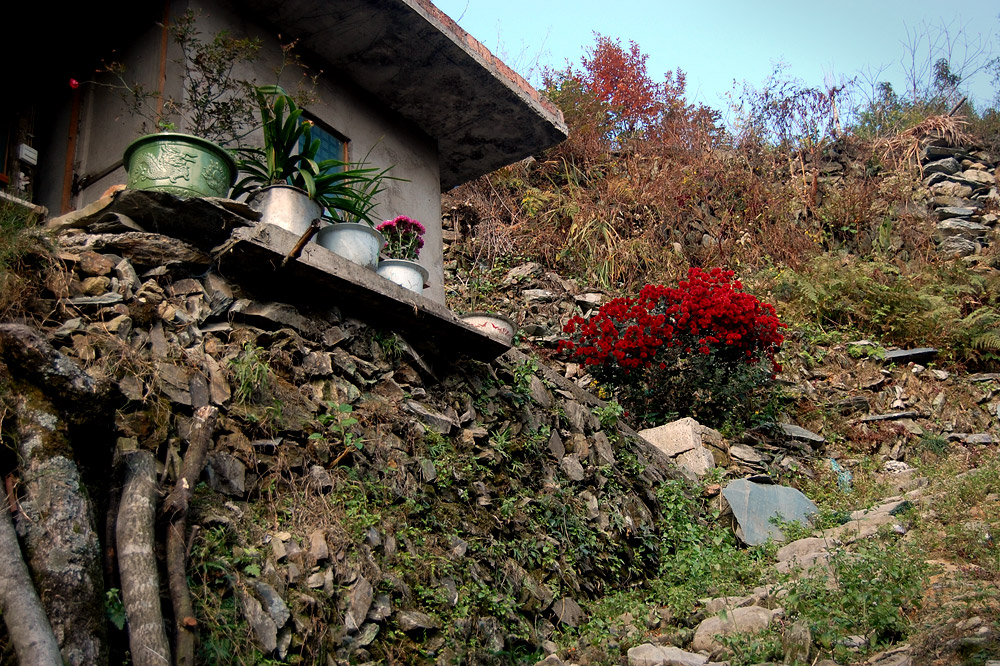
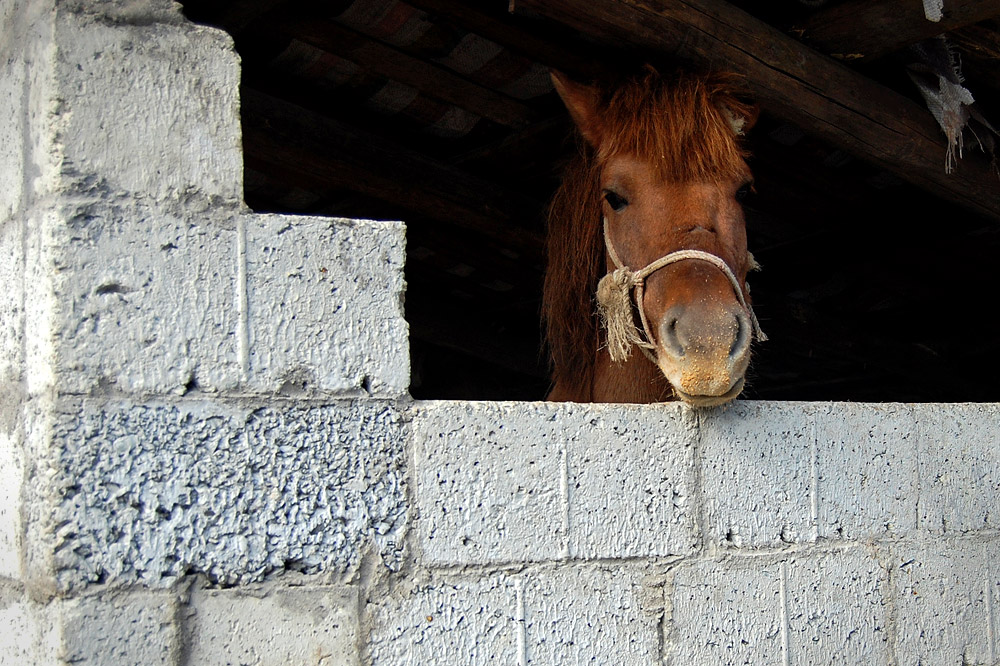
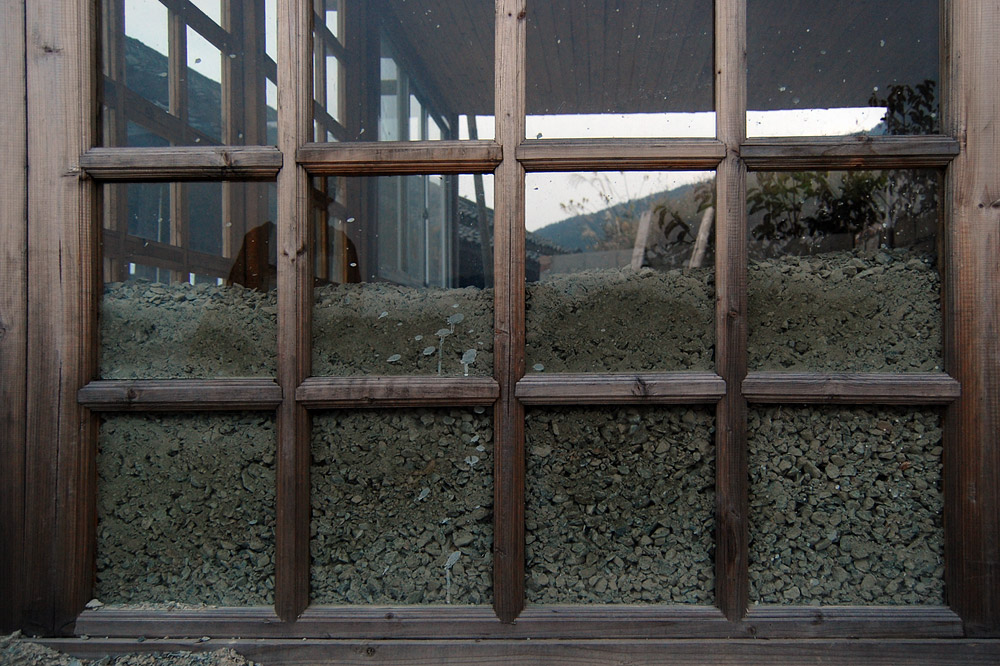
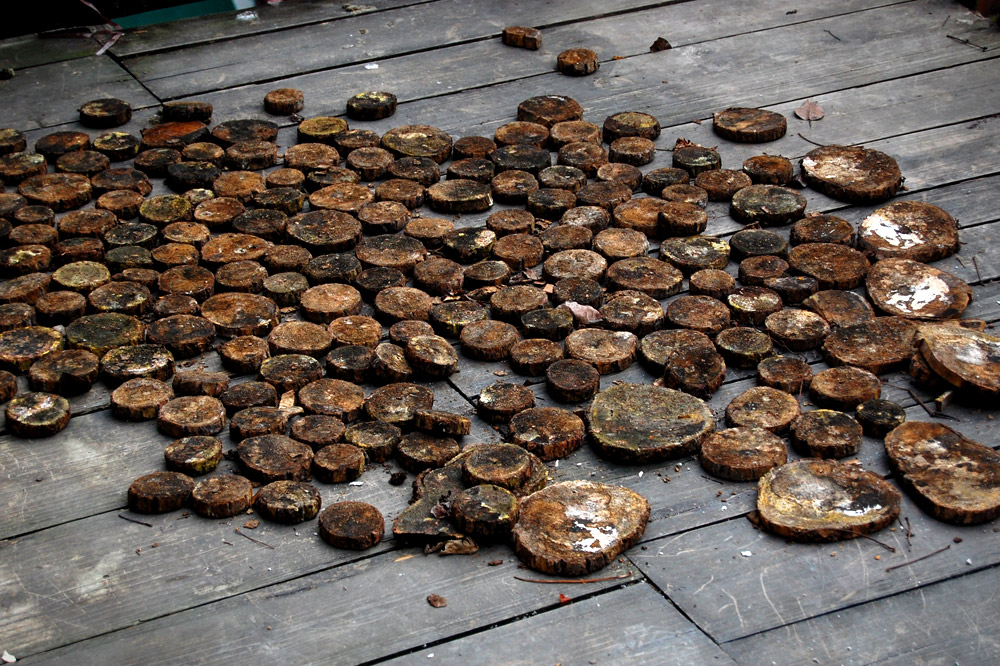
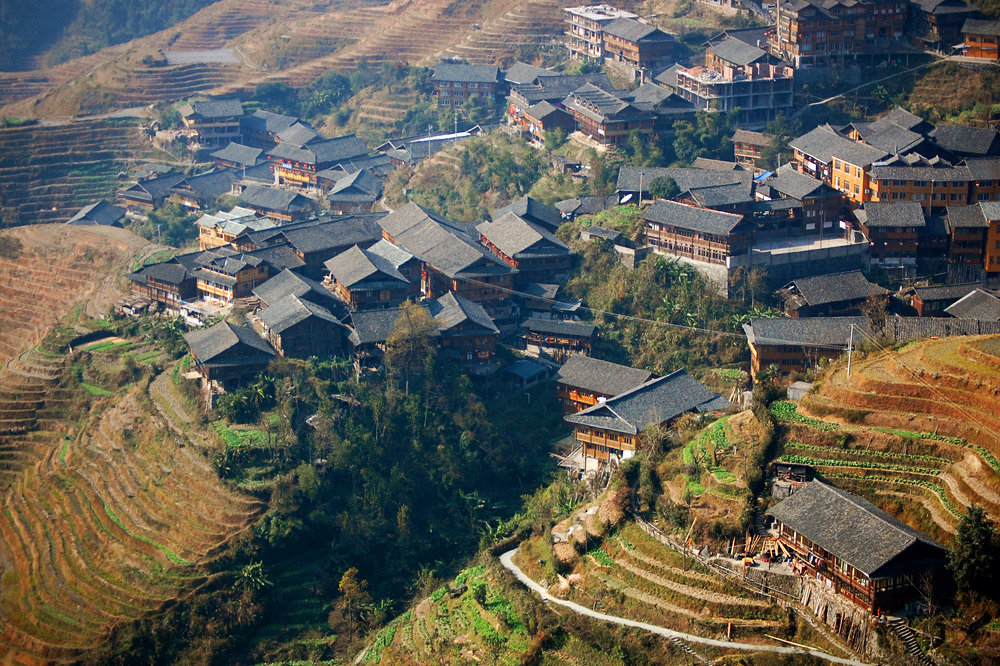
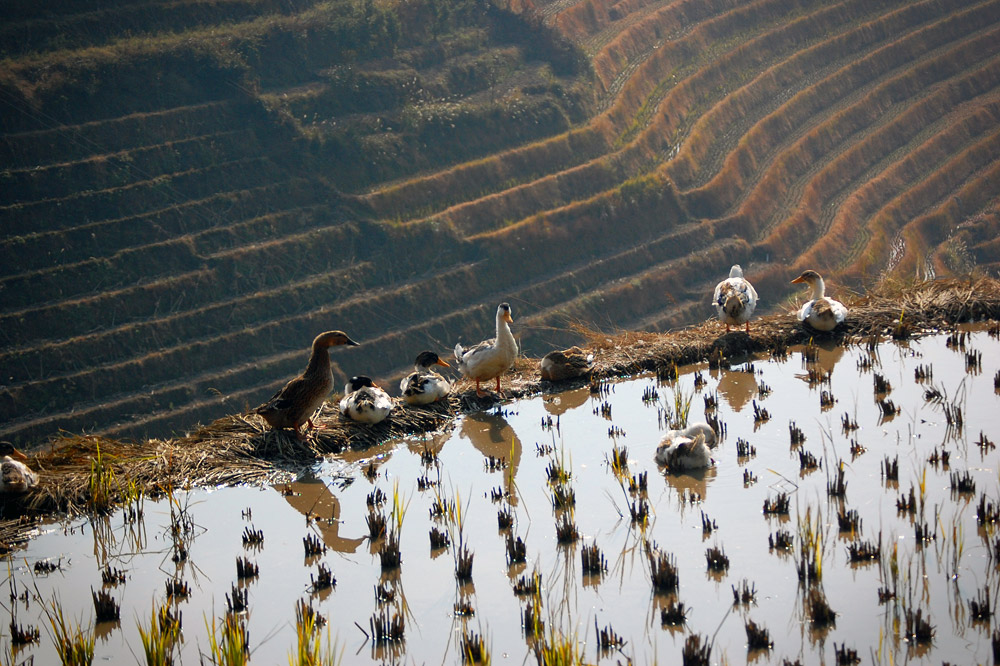
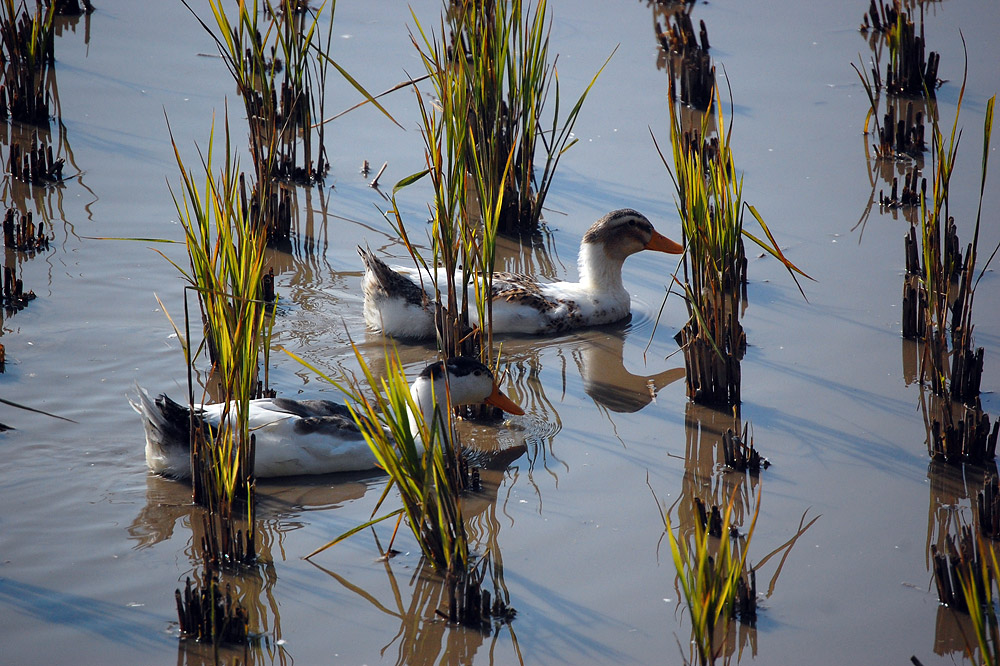
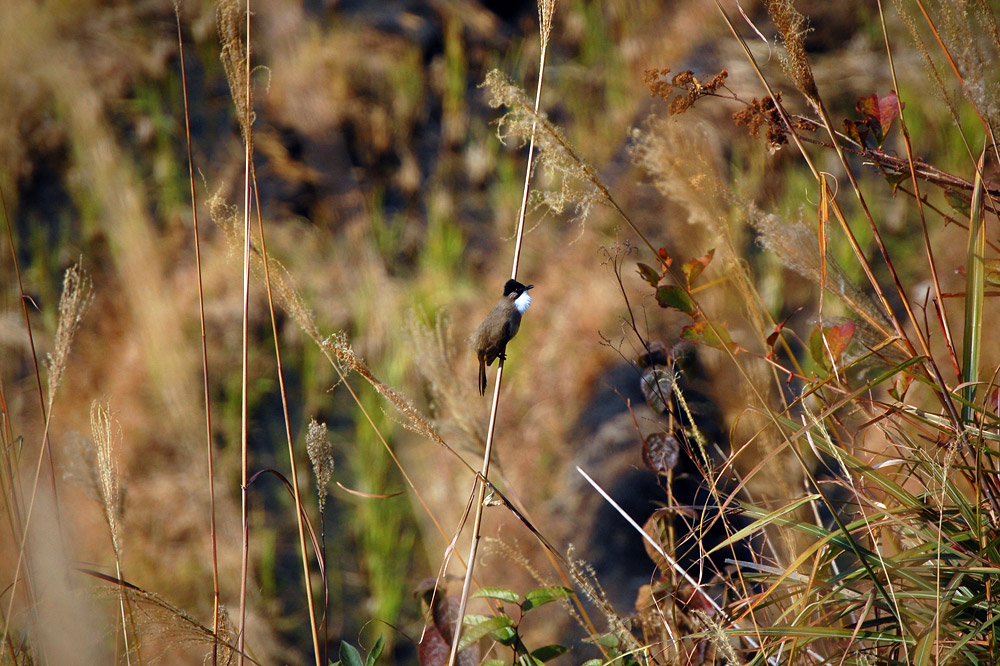
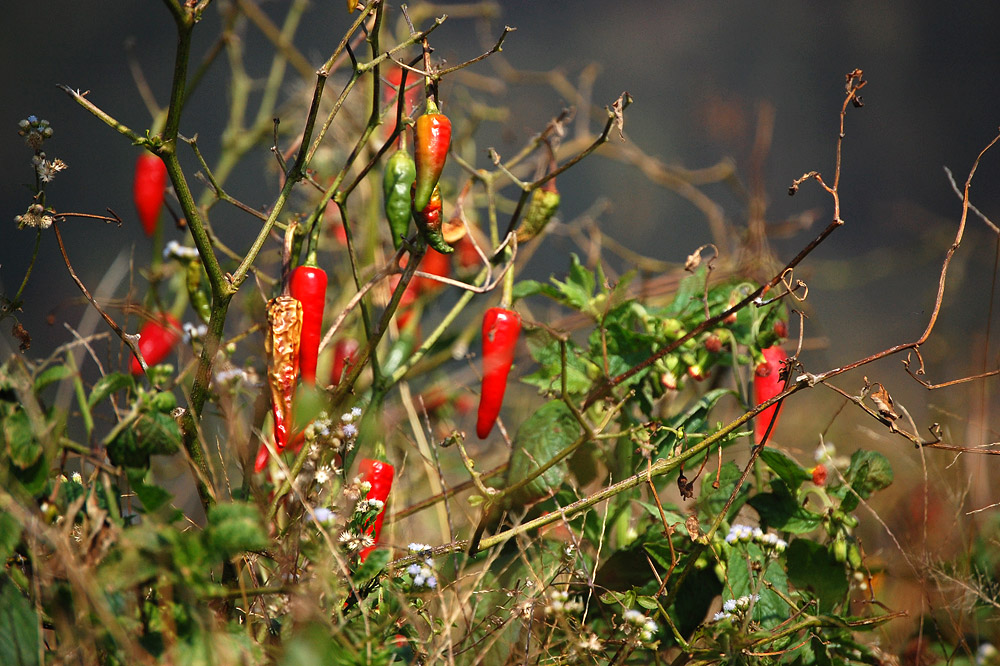
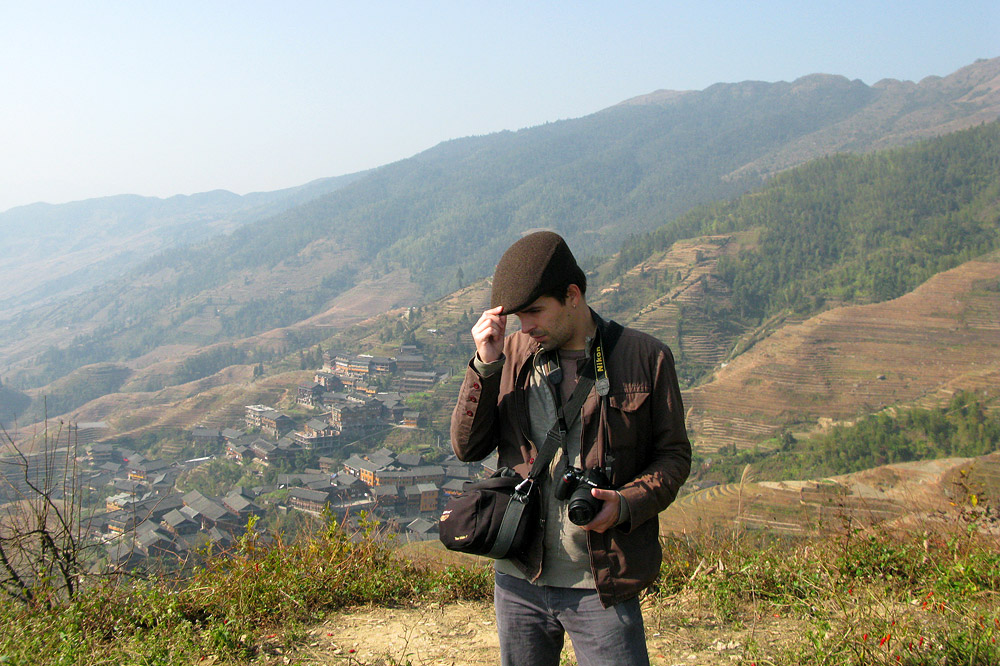
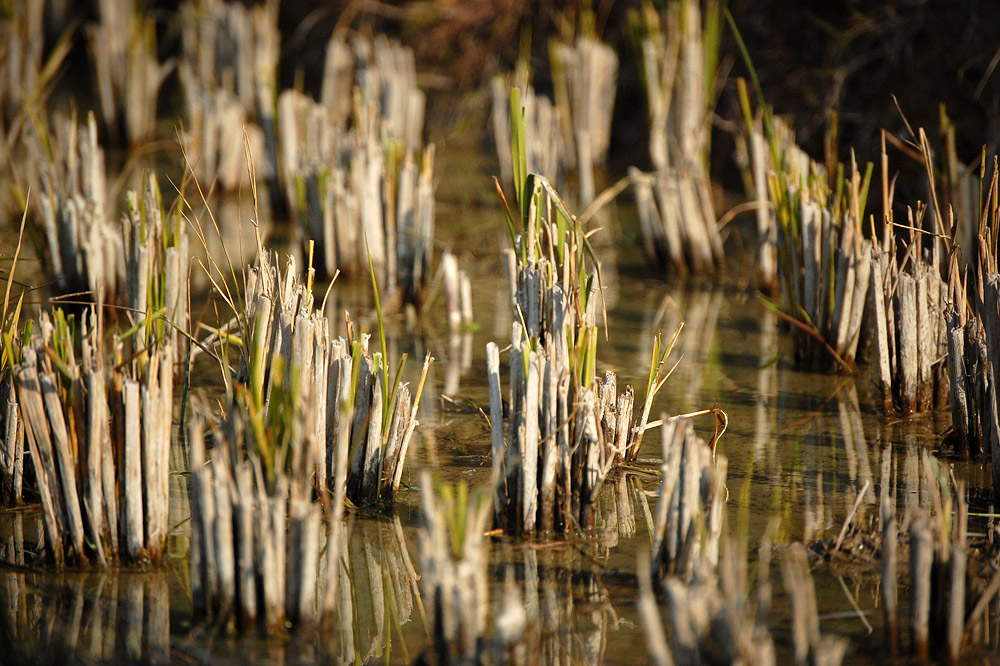
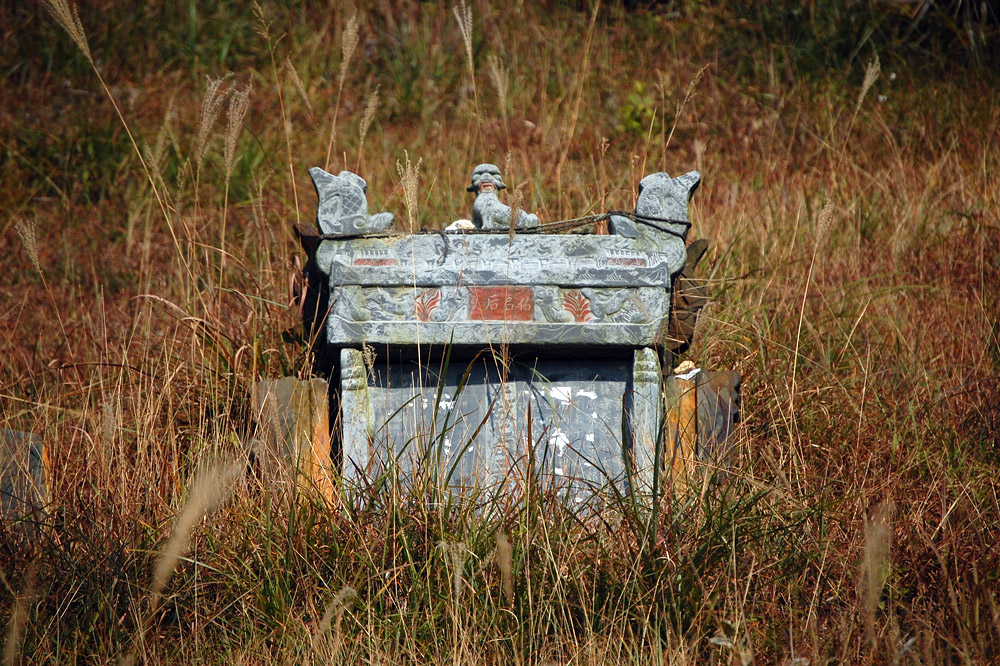
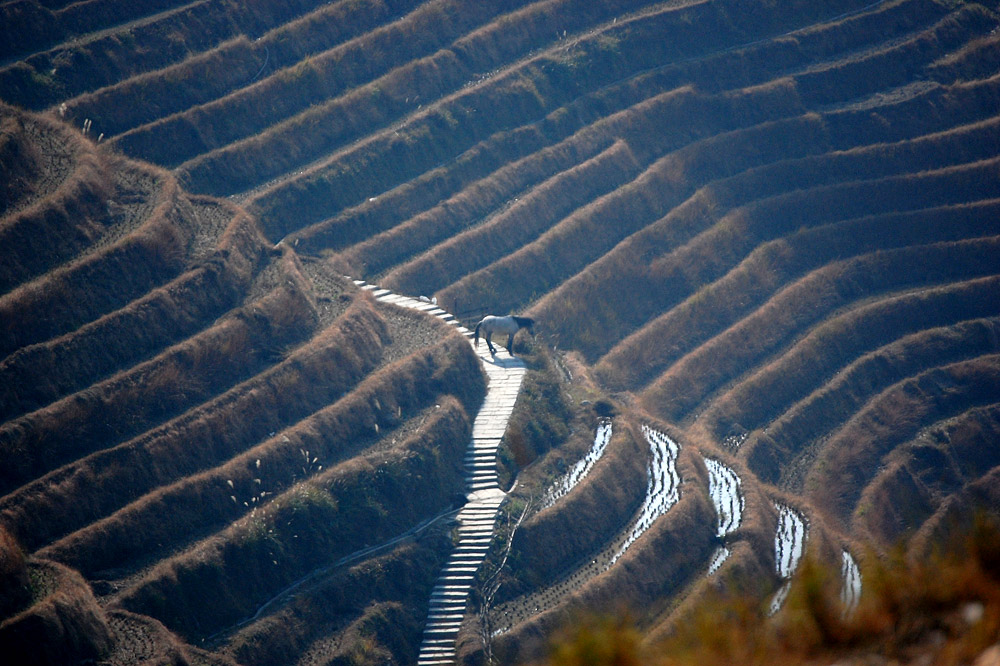
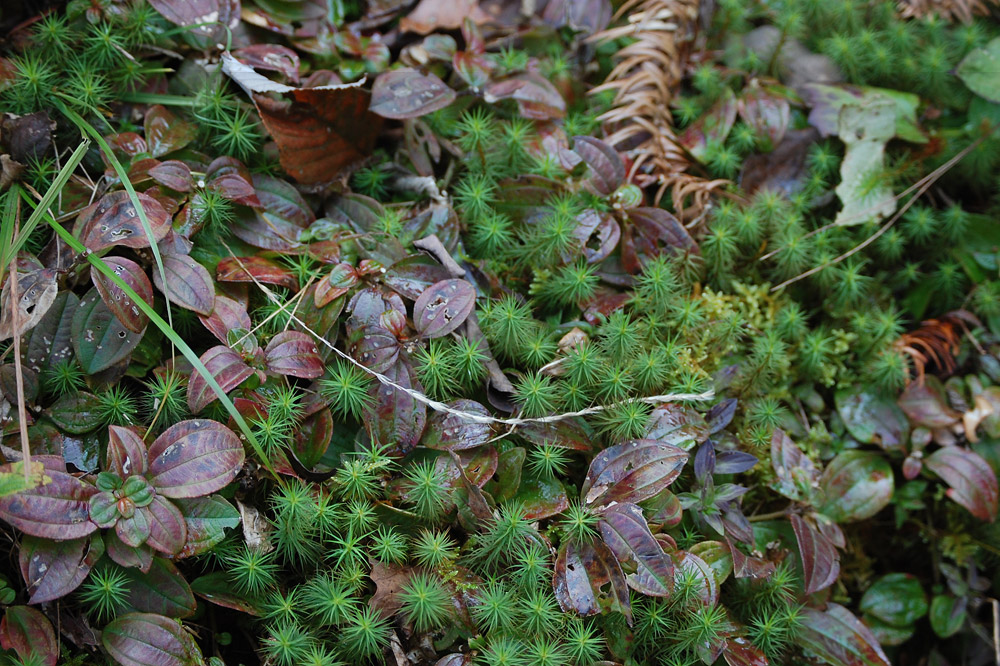
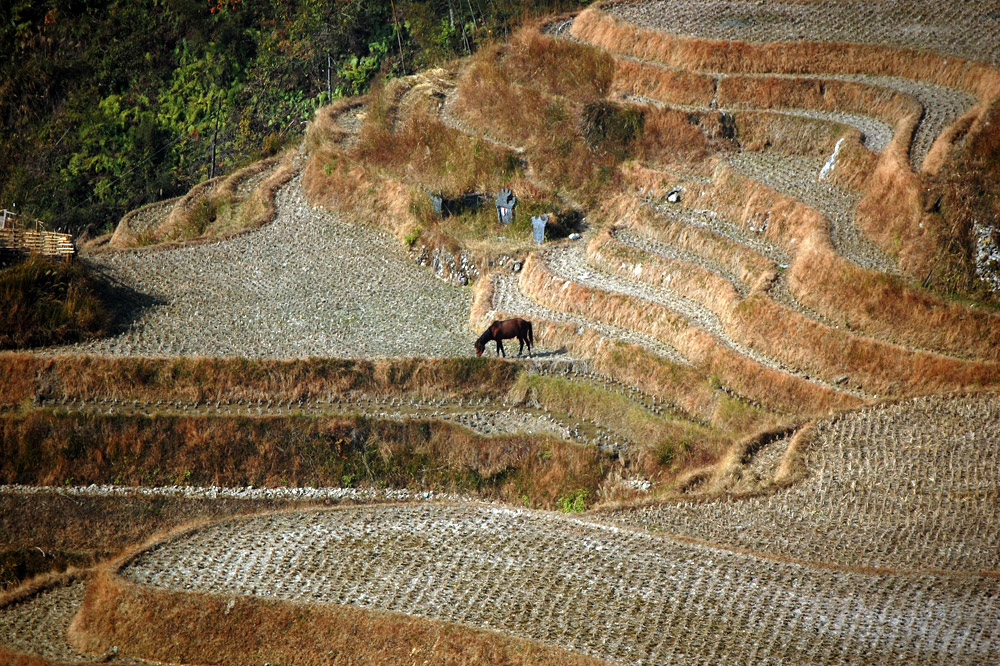
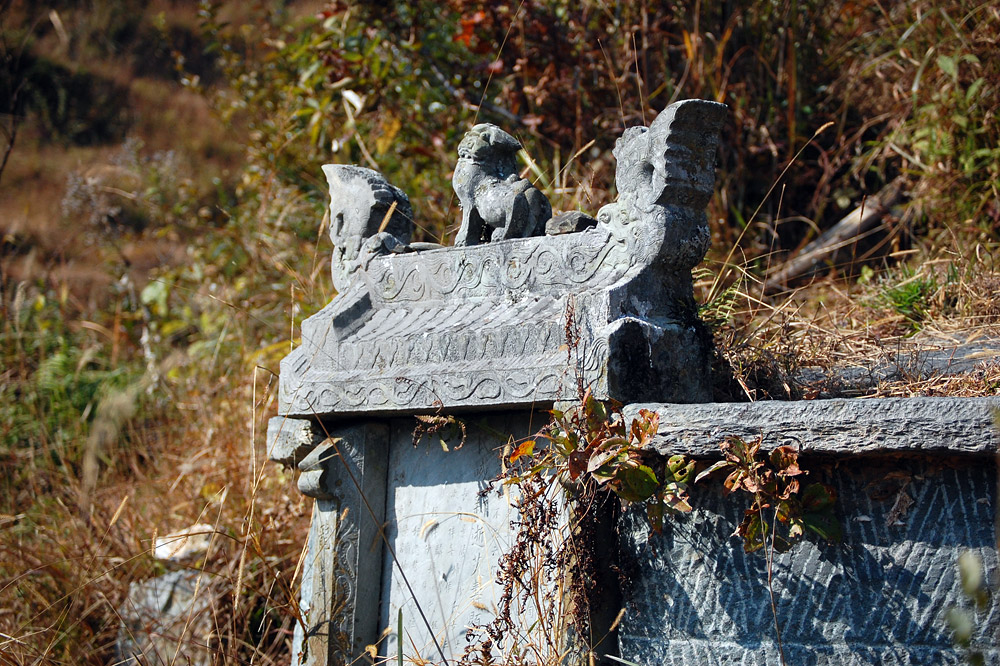
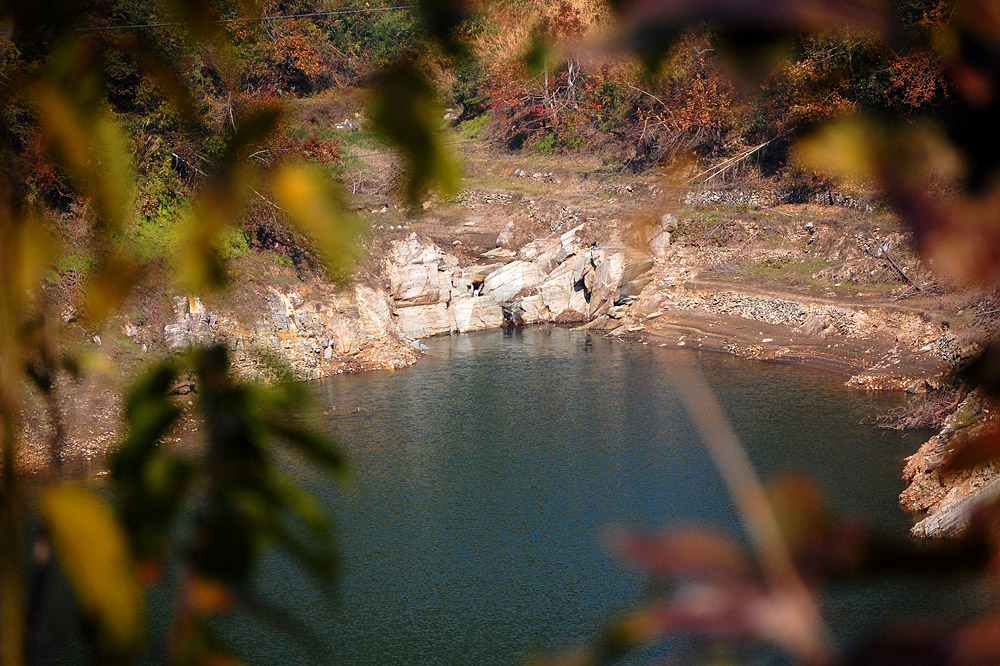
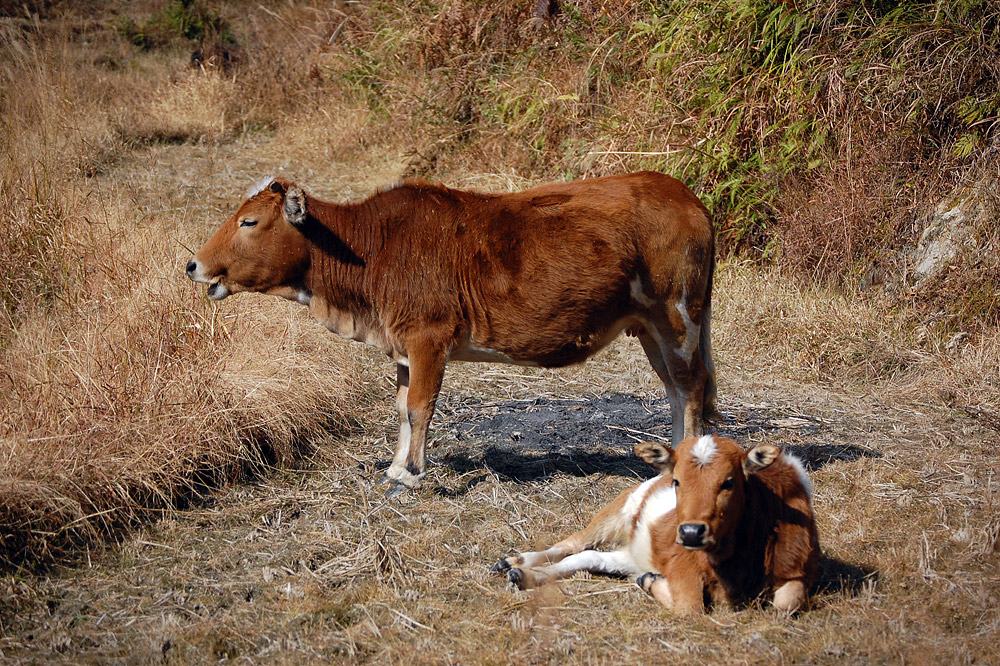
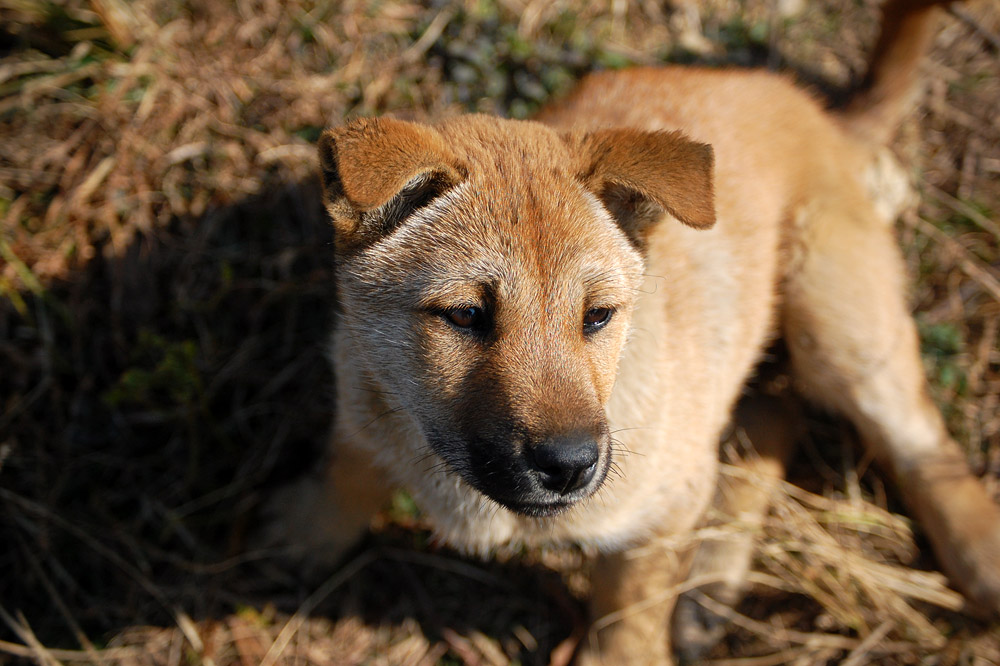
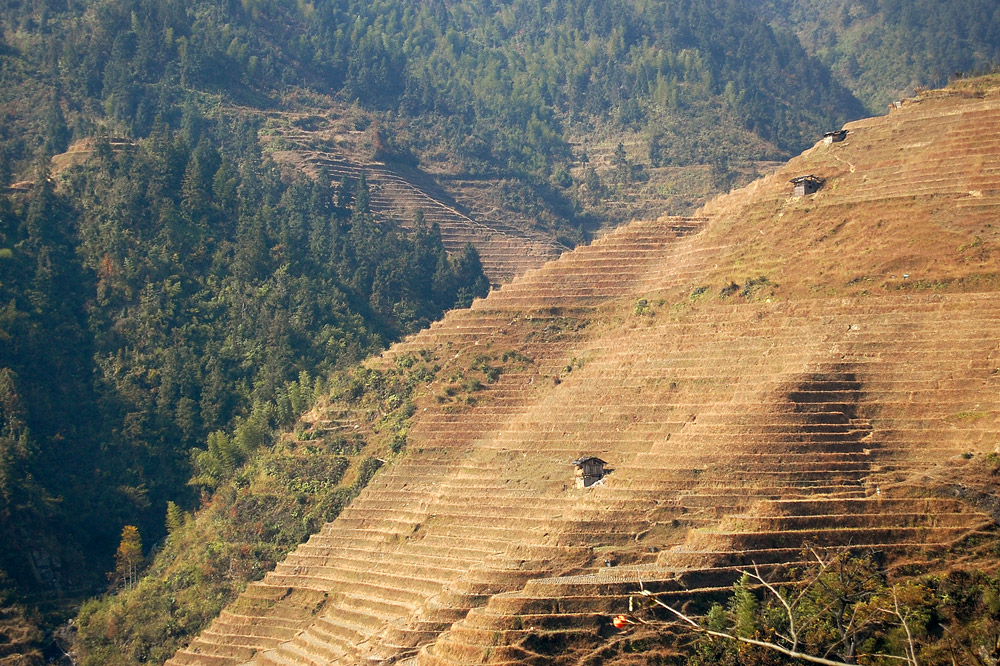
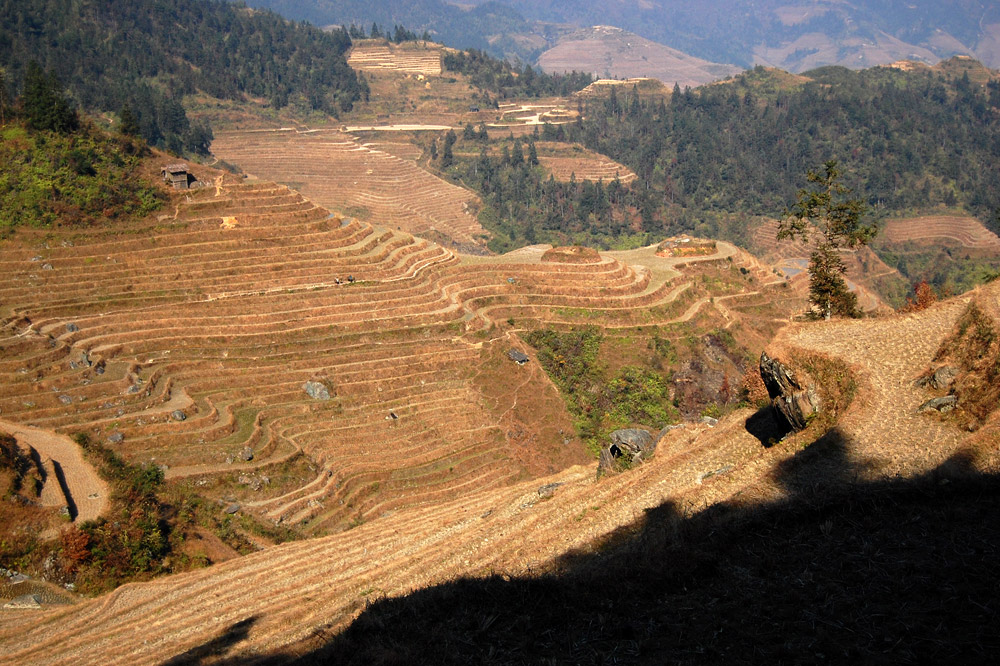
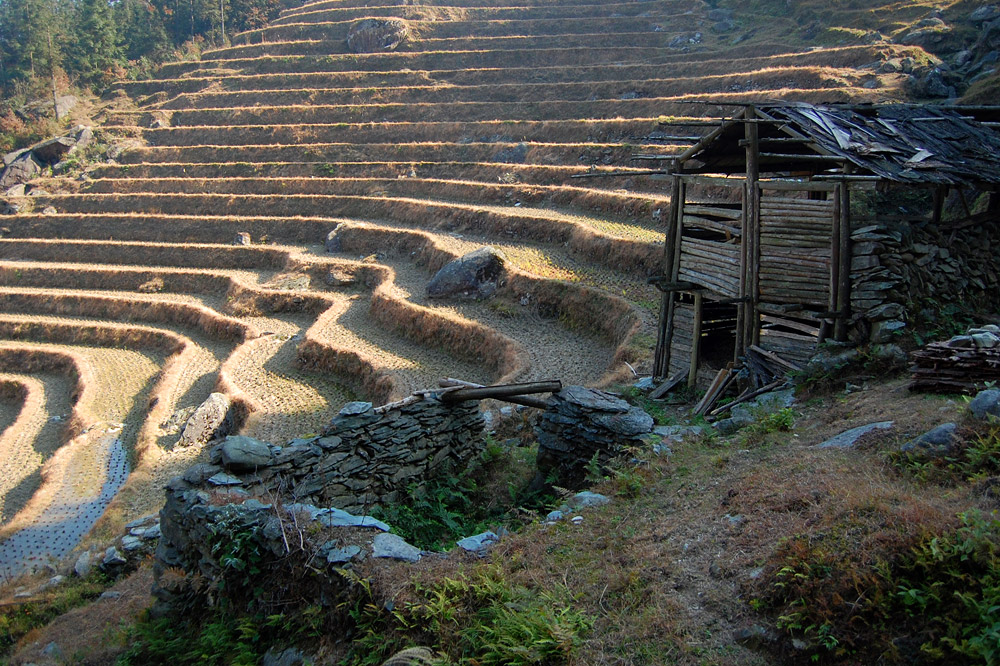
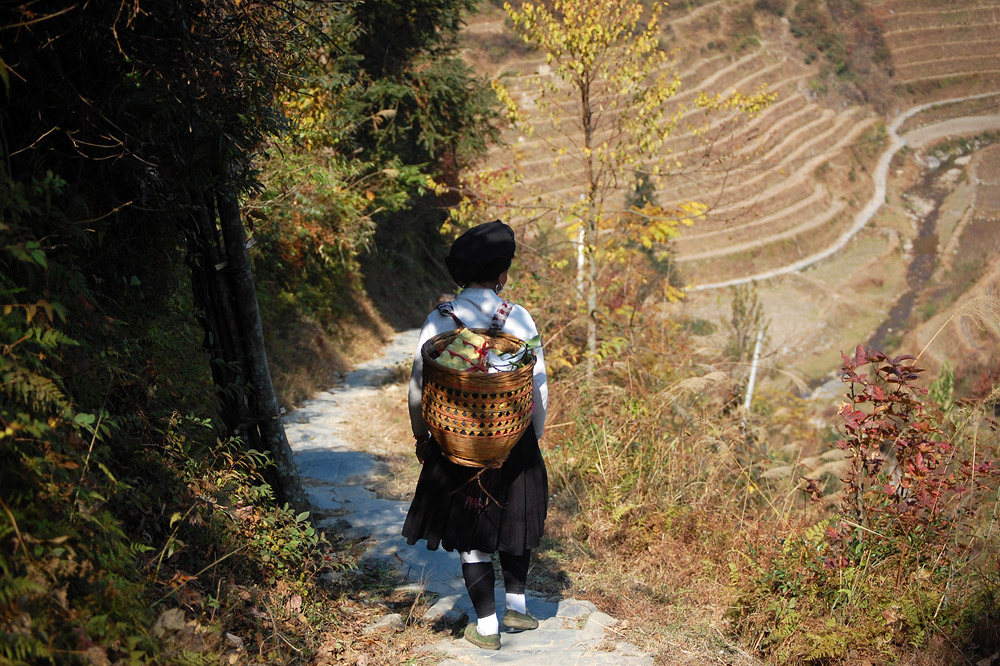
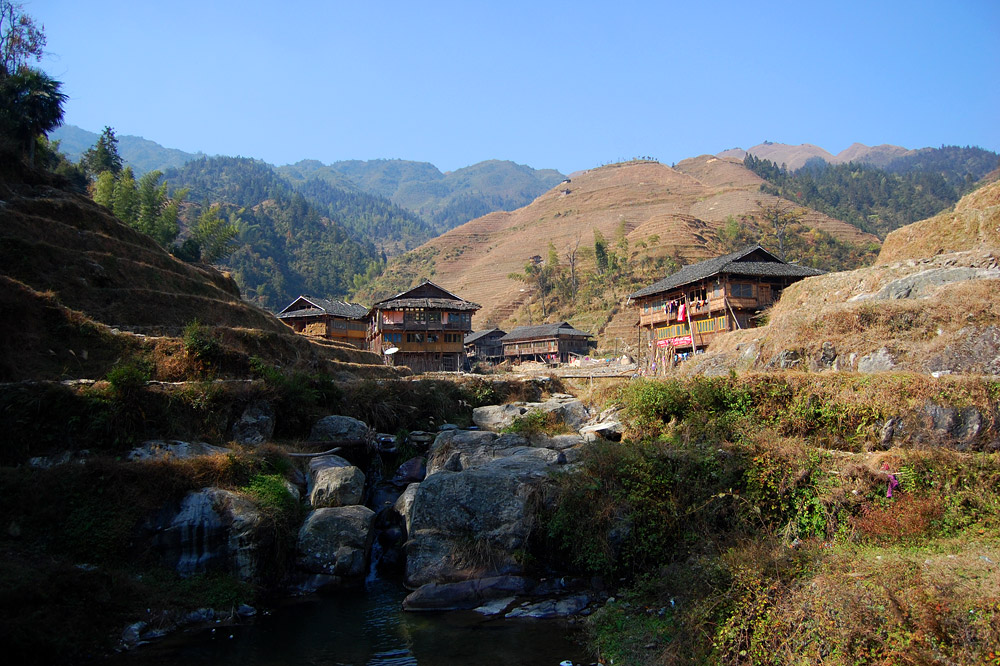
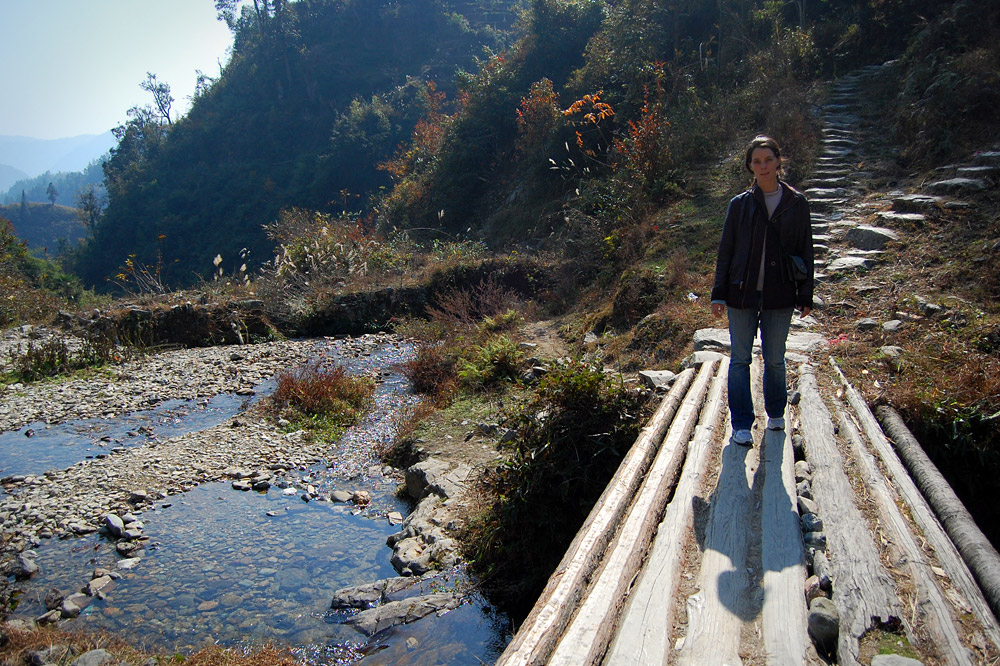
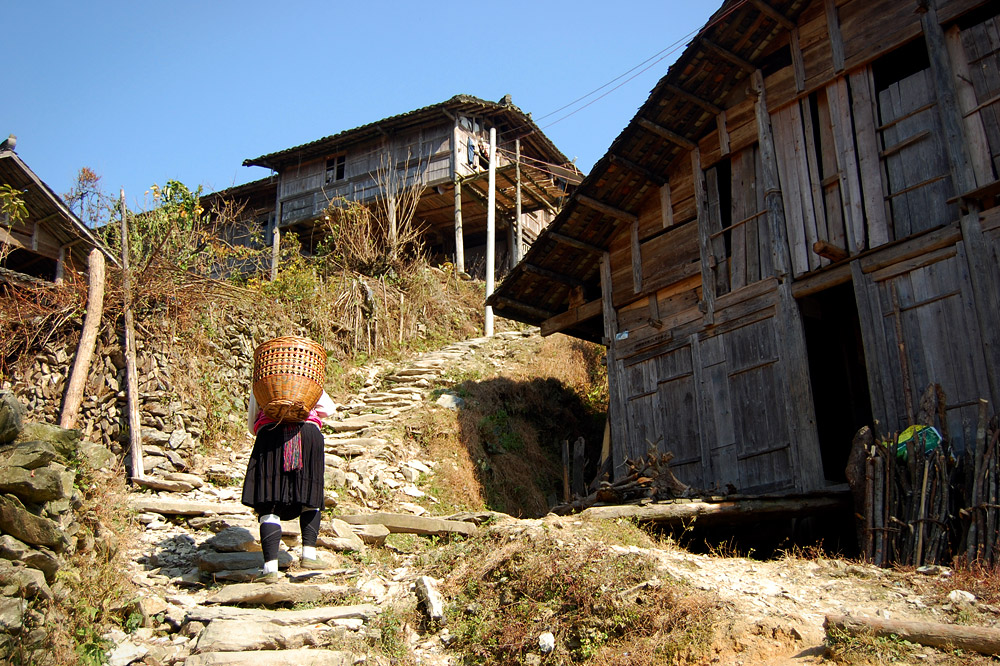
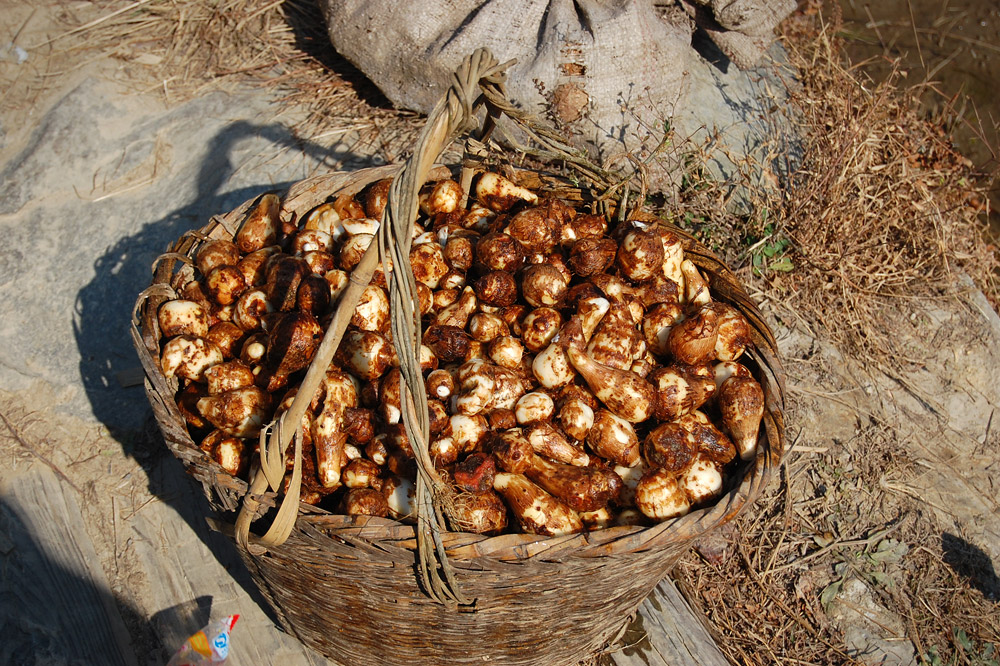
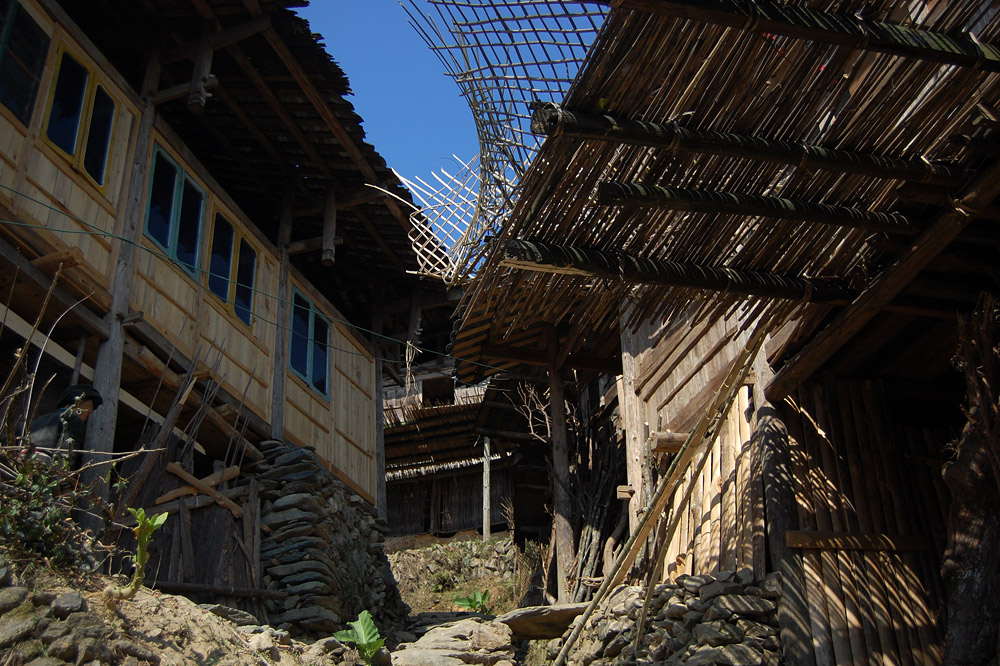
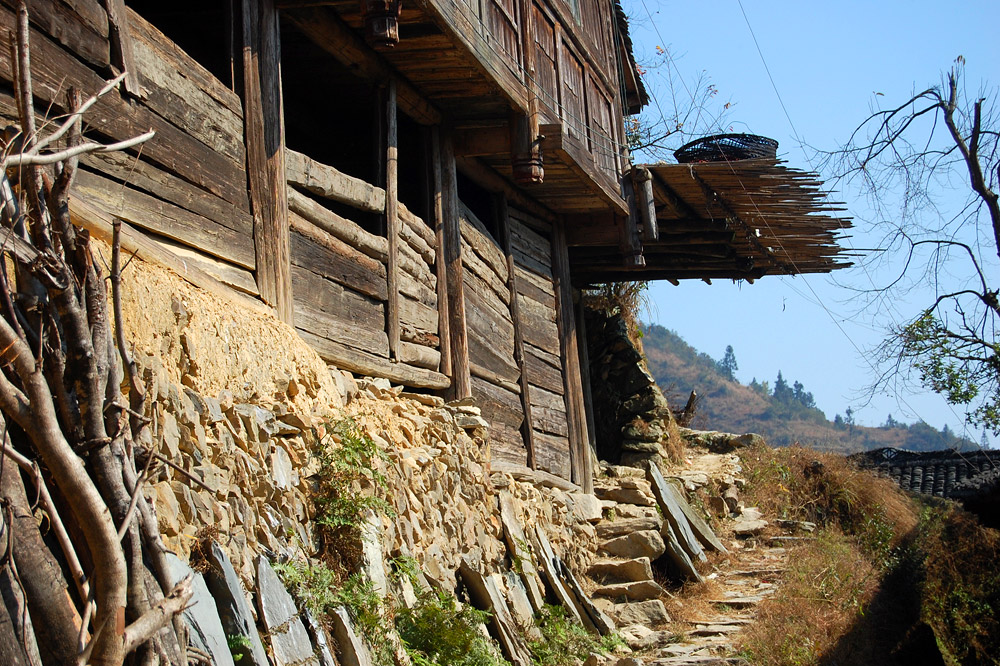
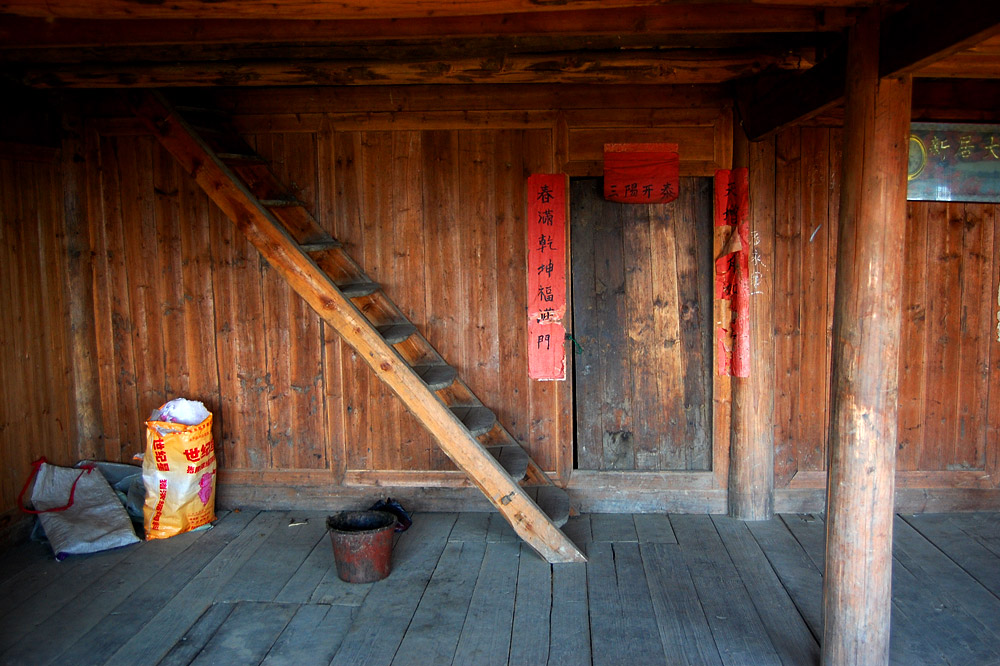
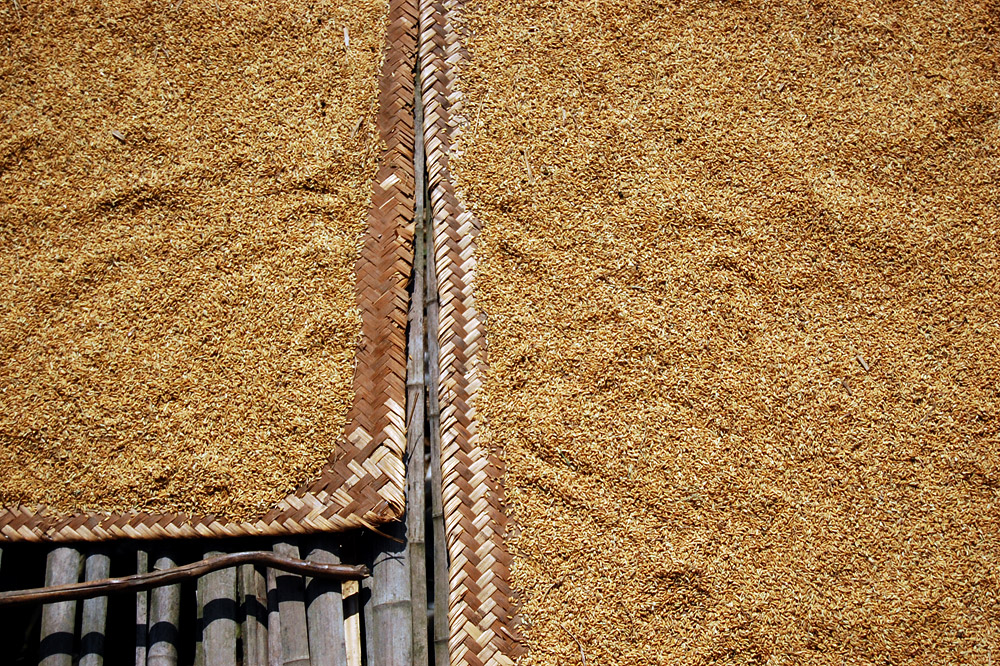
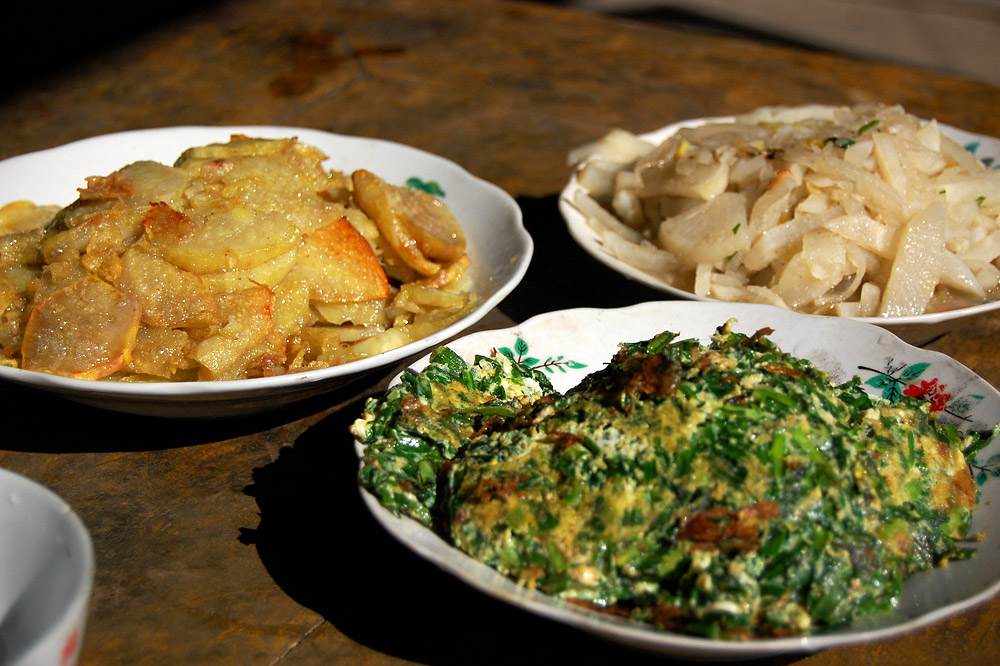
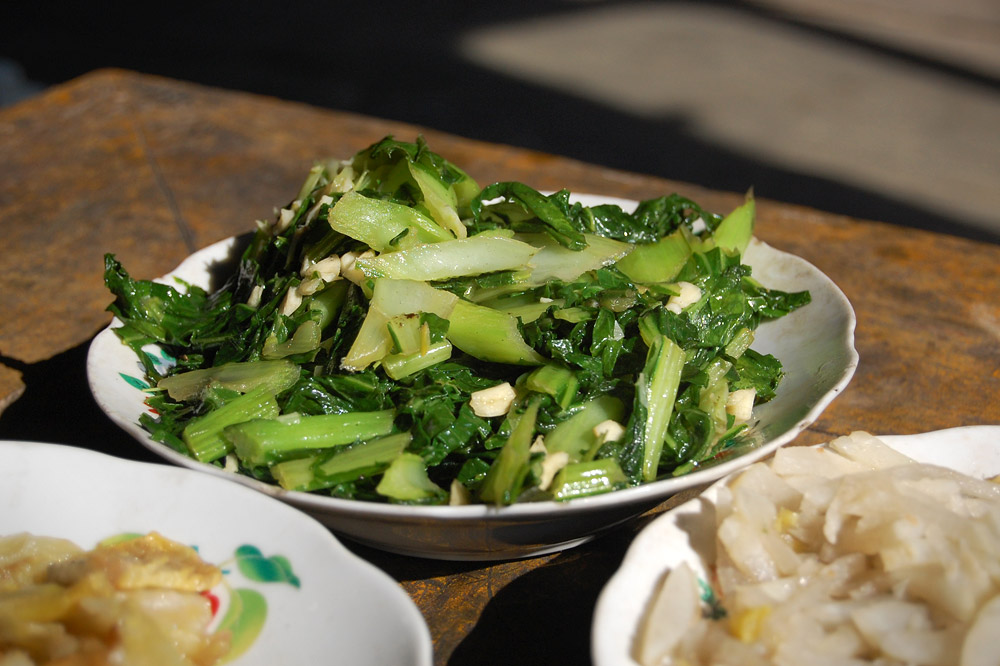
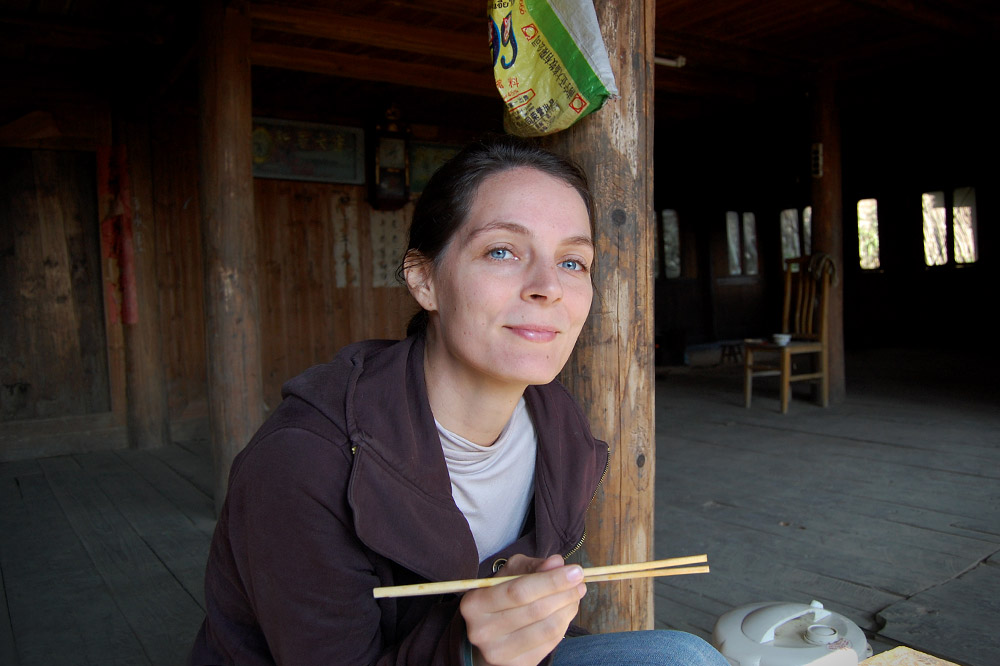
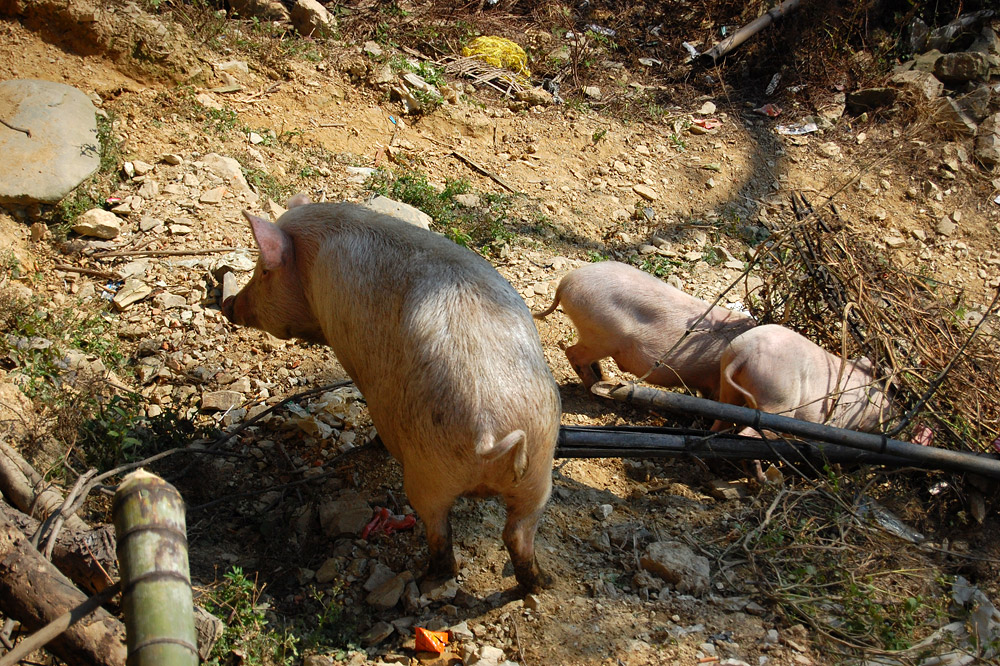
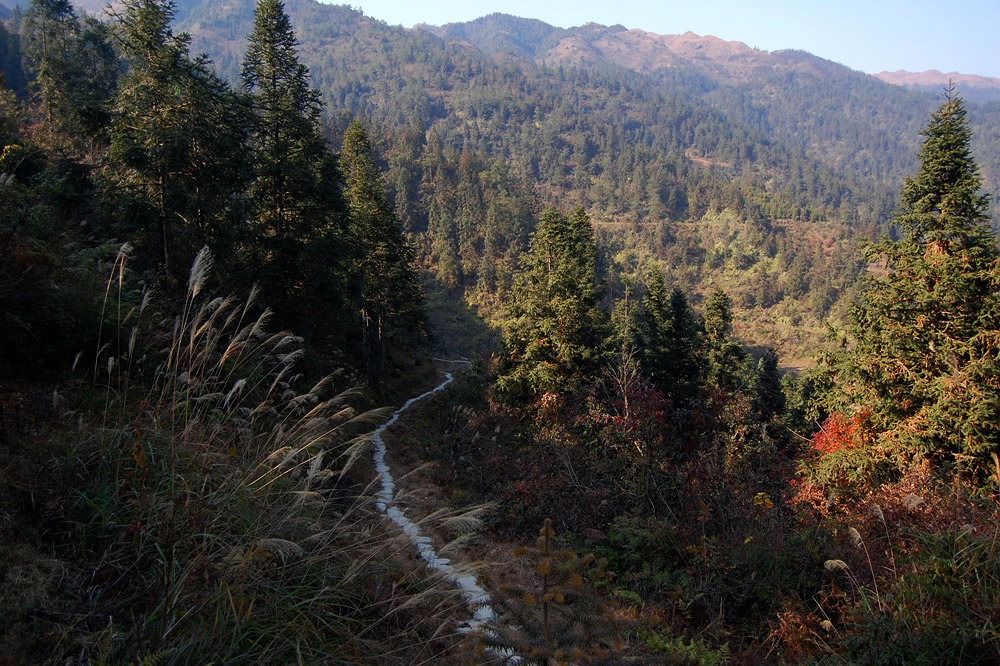
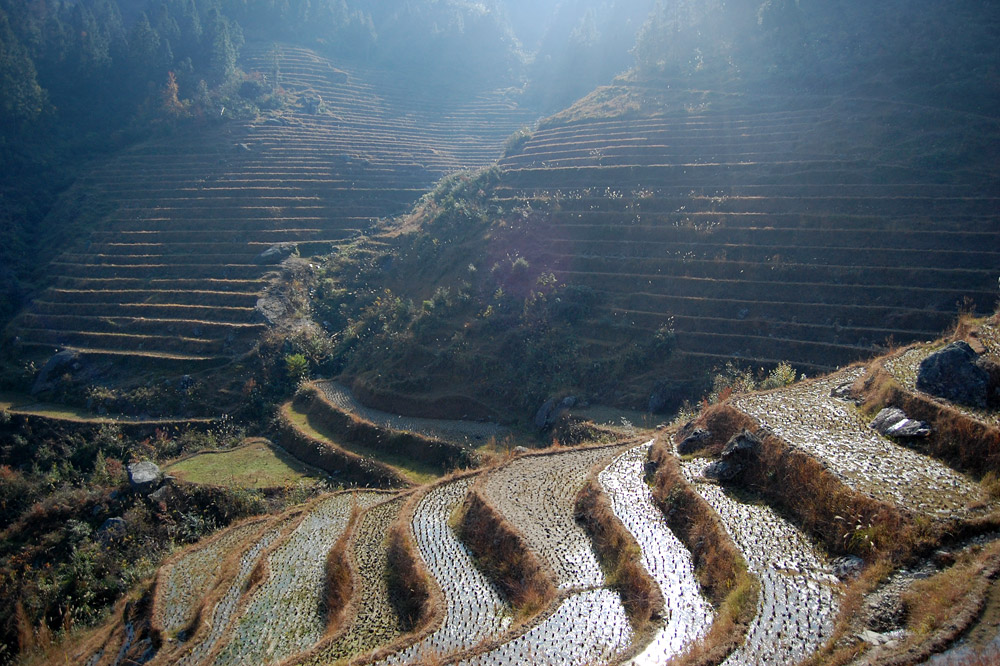
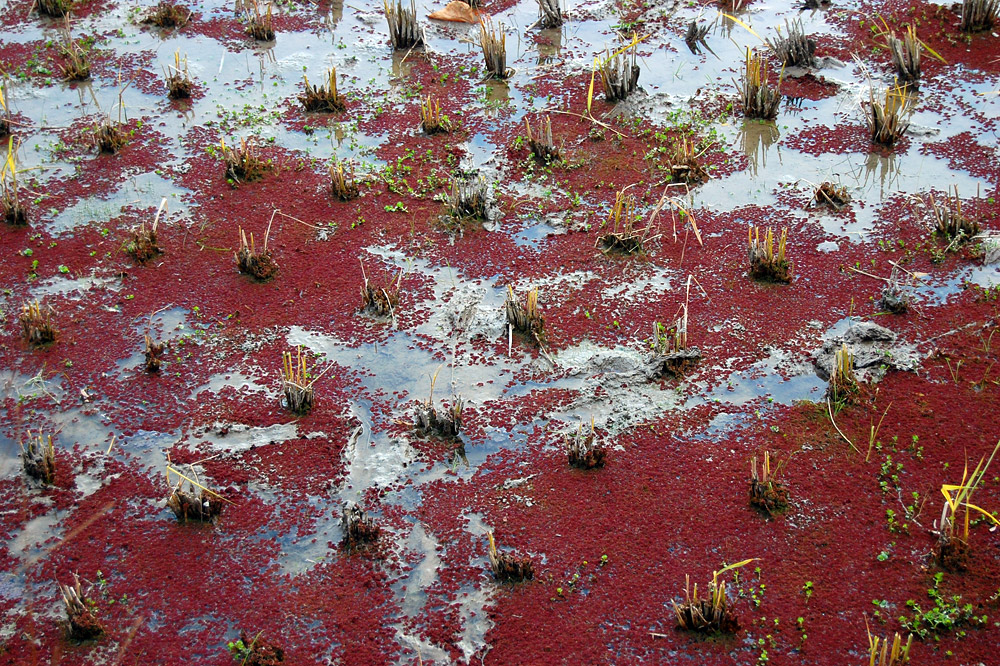
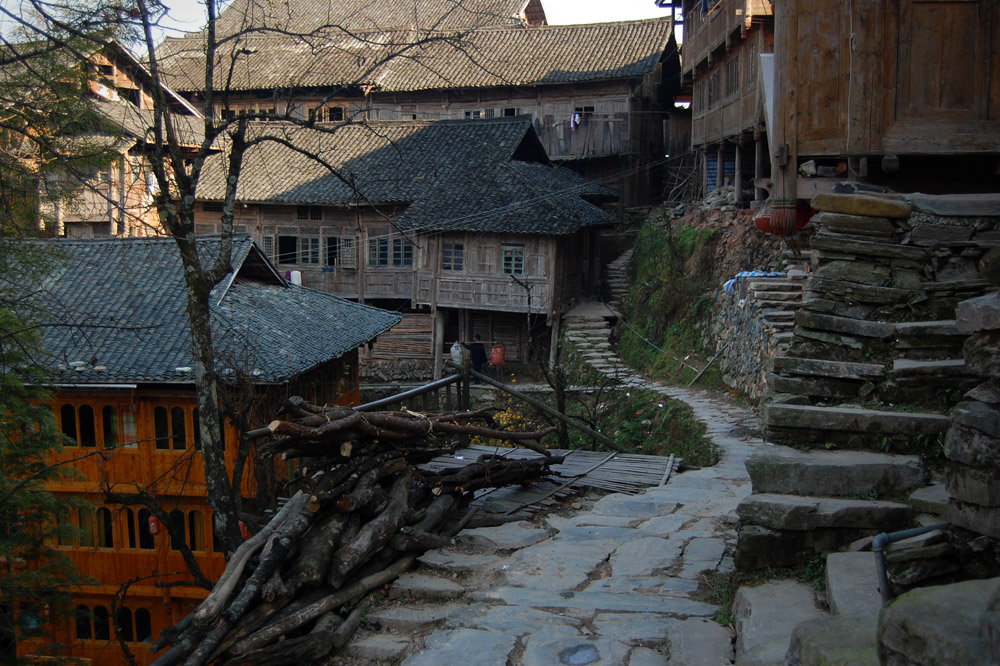
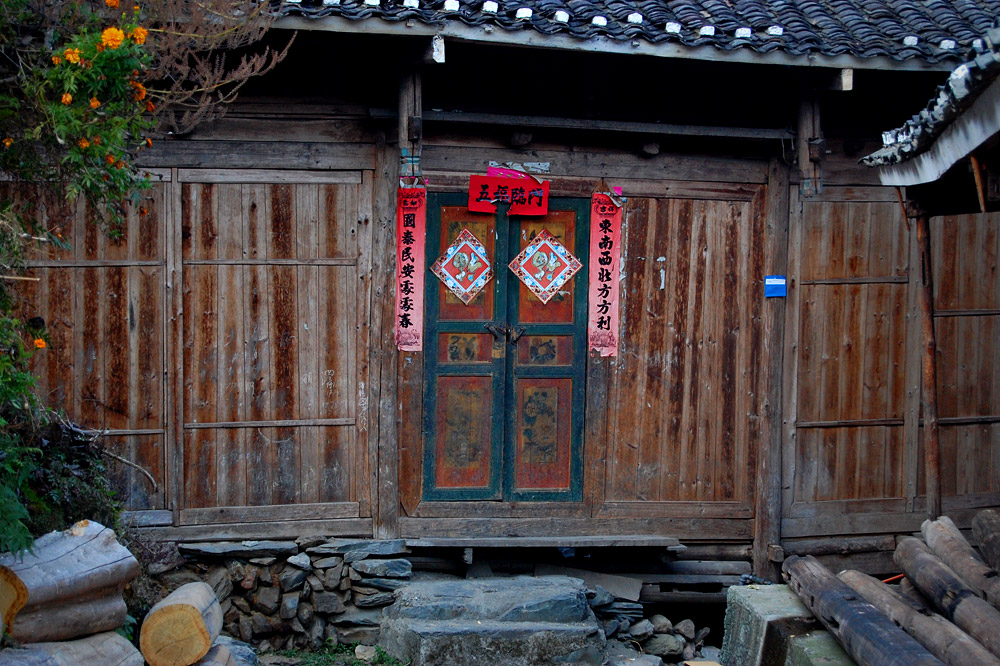
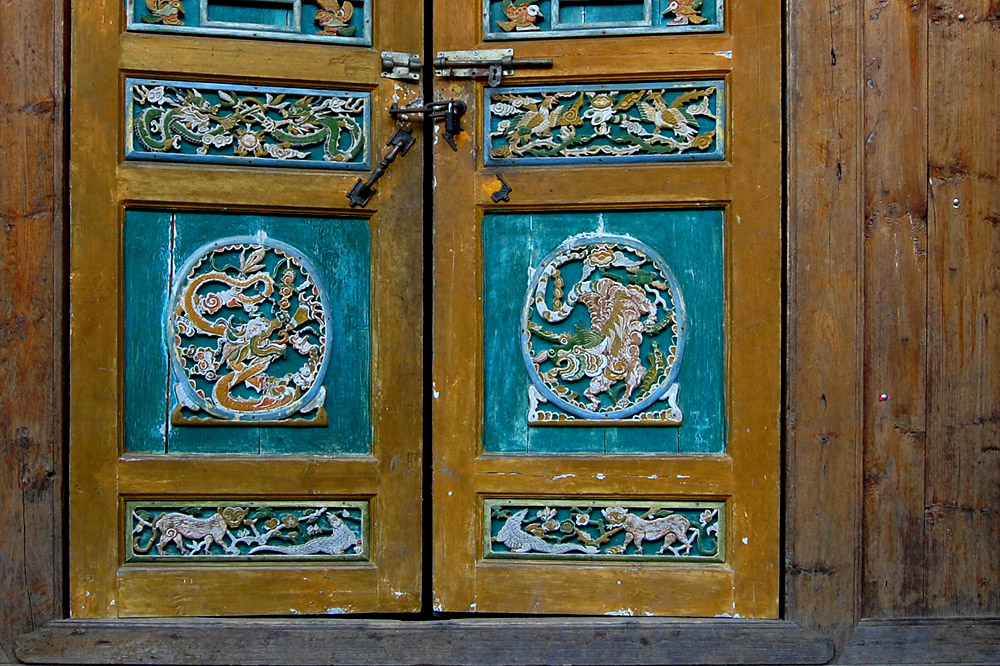
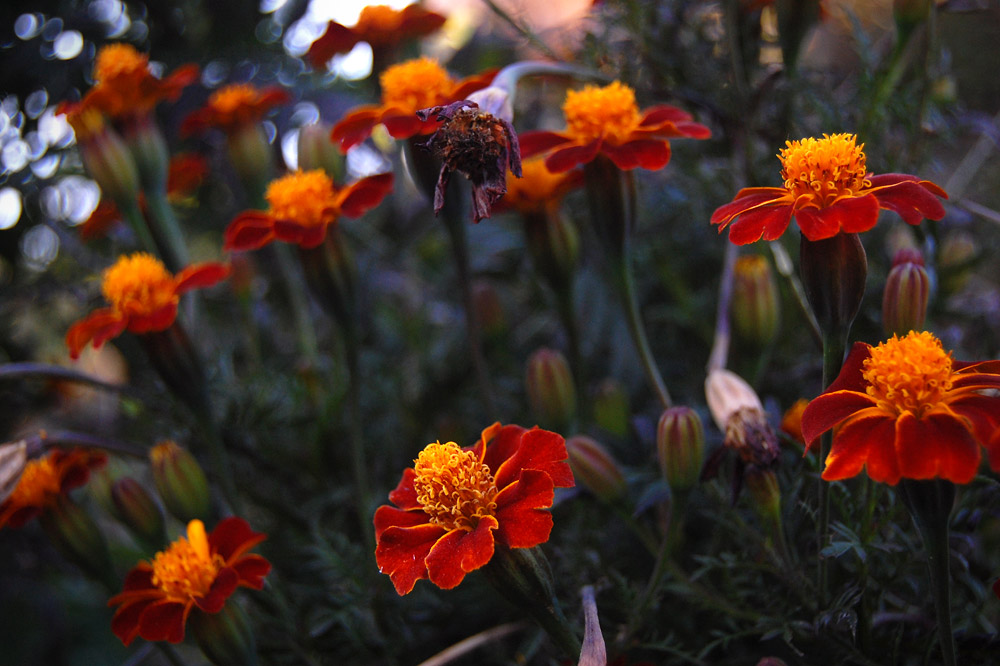
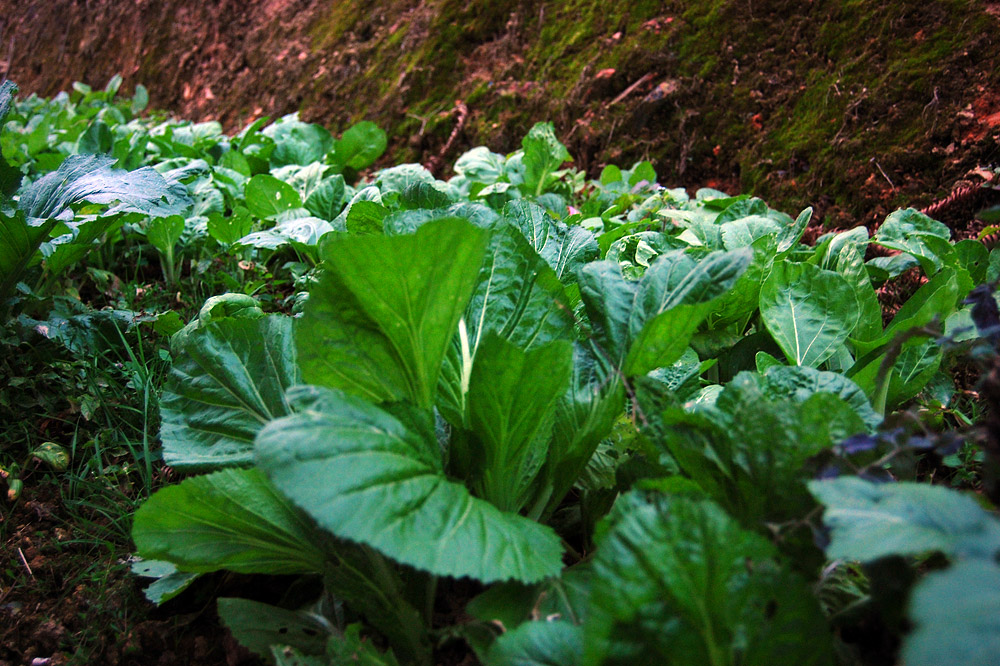
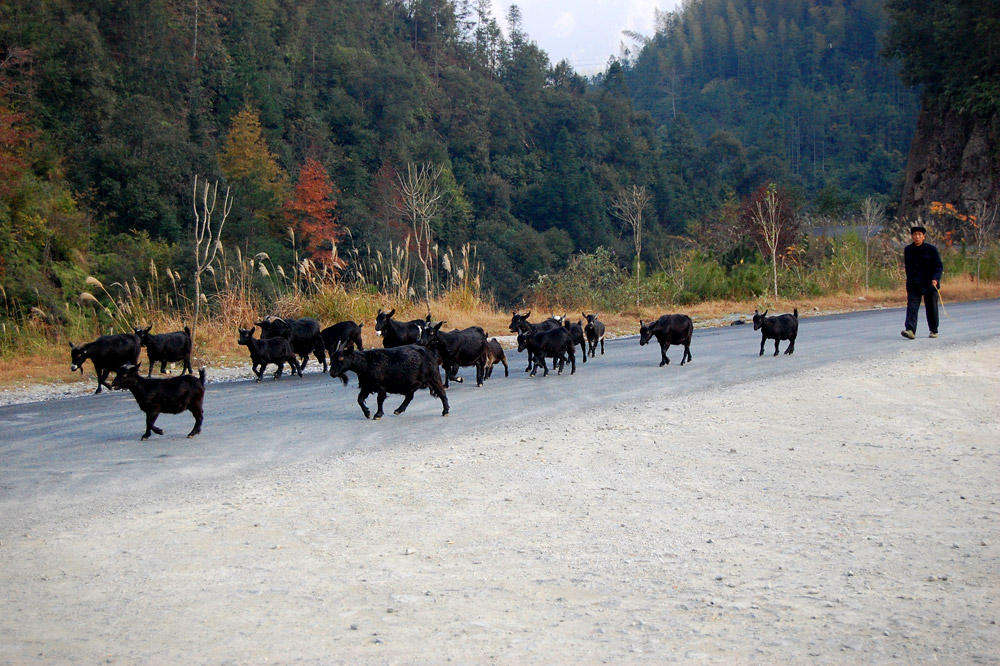
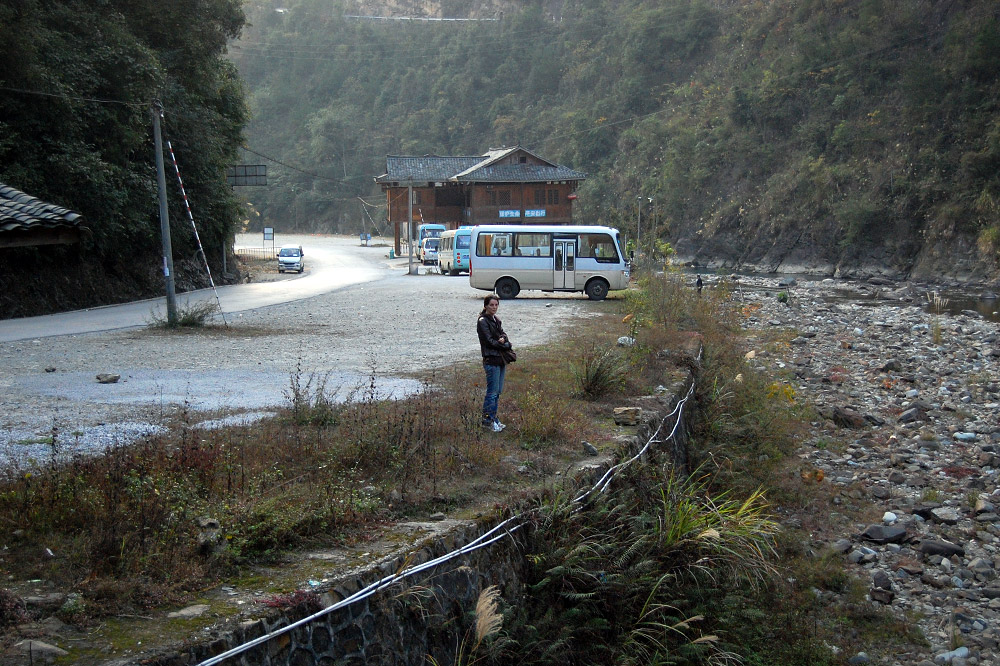
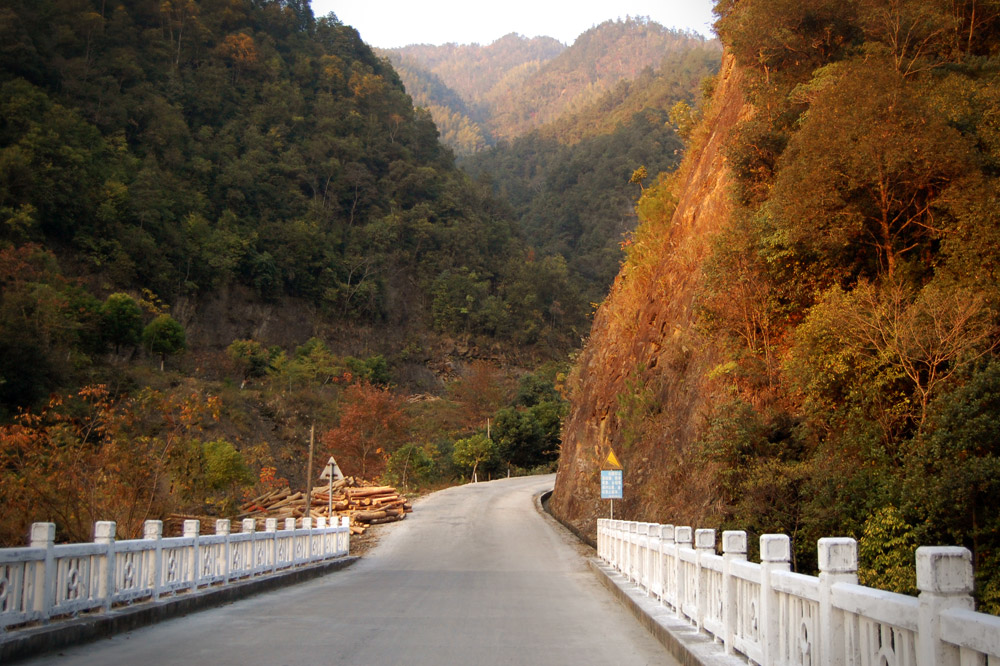
I’d never been that interested in going to China… but I am now. It looks fantastic. I like the look of the bamboo with the autumn leaves.
I like your hat, by the way– where’d you pick that up? -X
December 9th, 2008 at 10:33 am